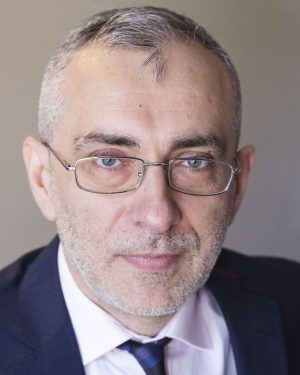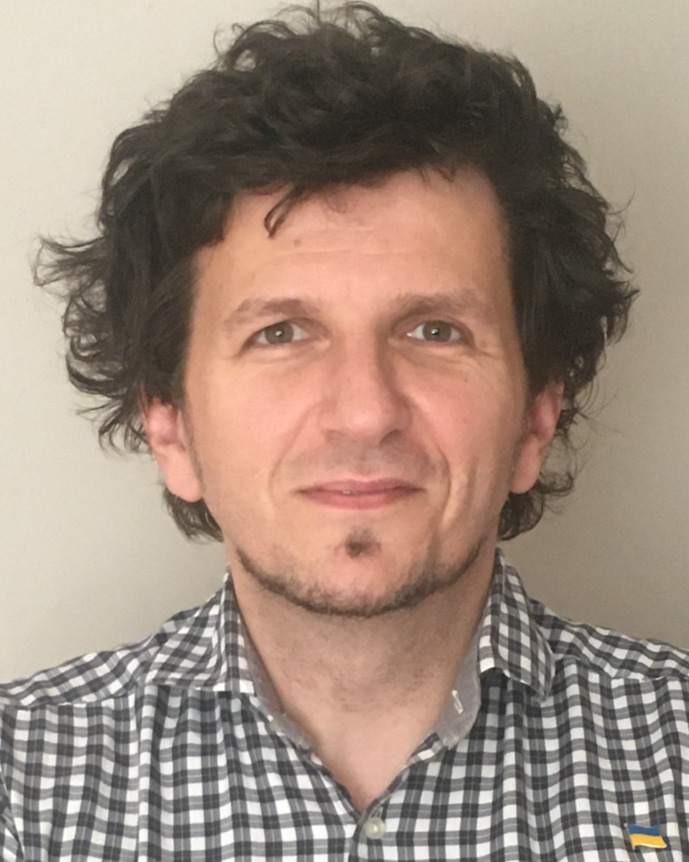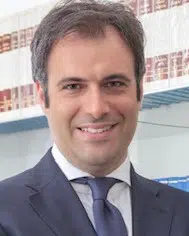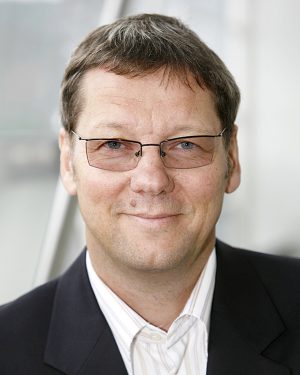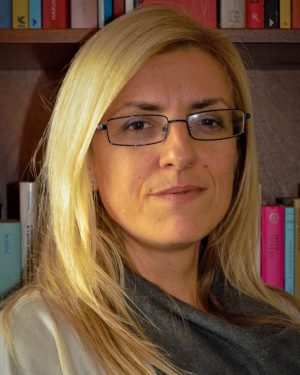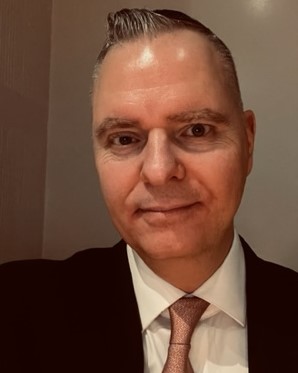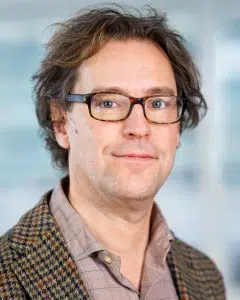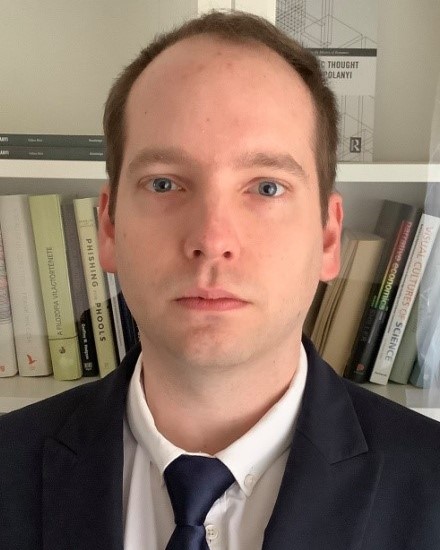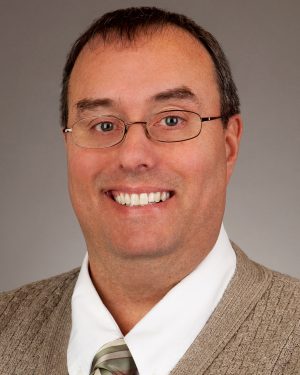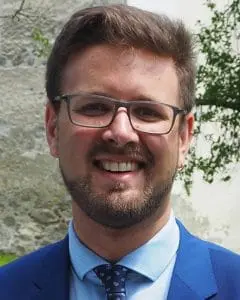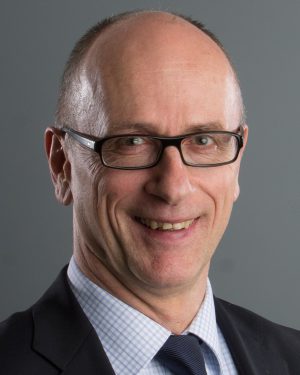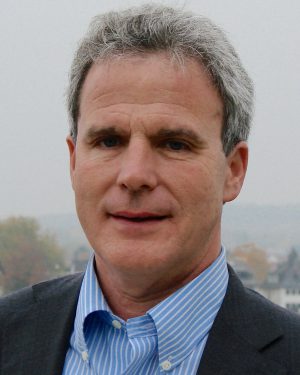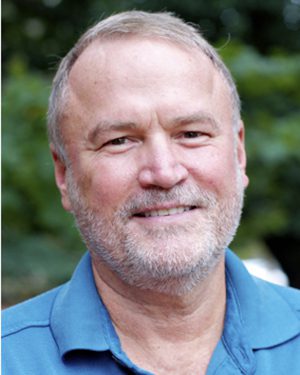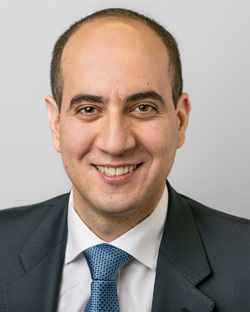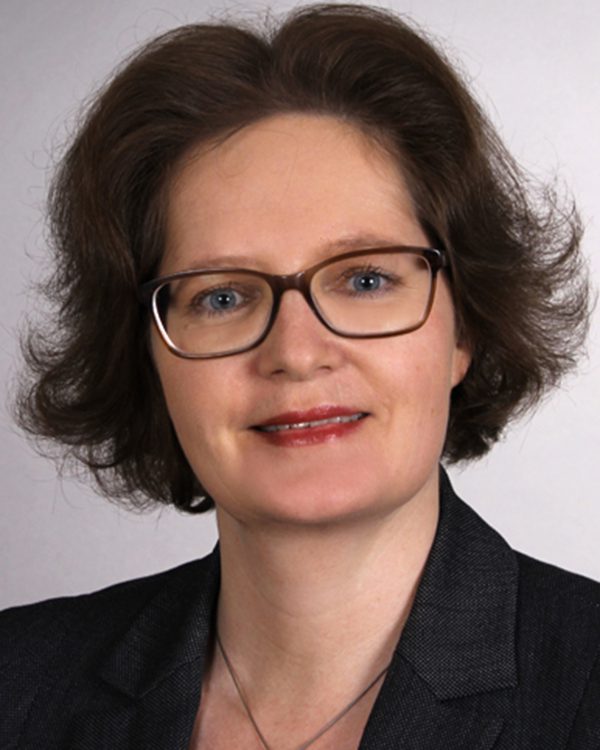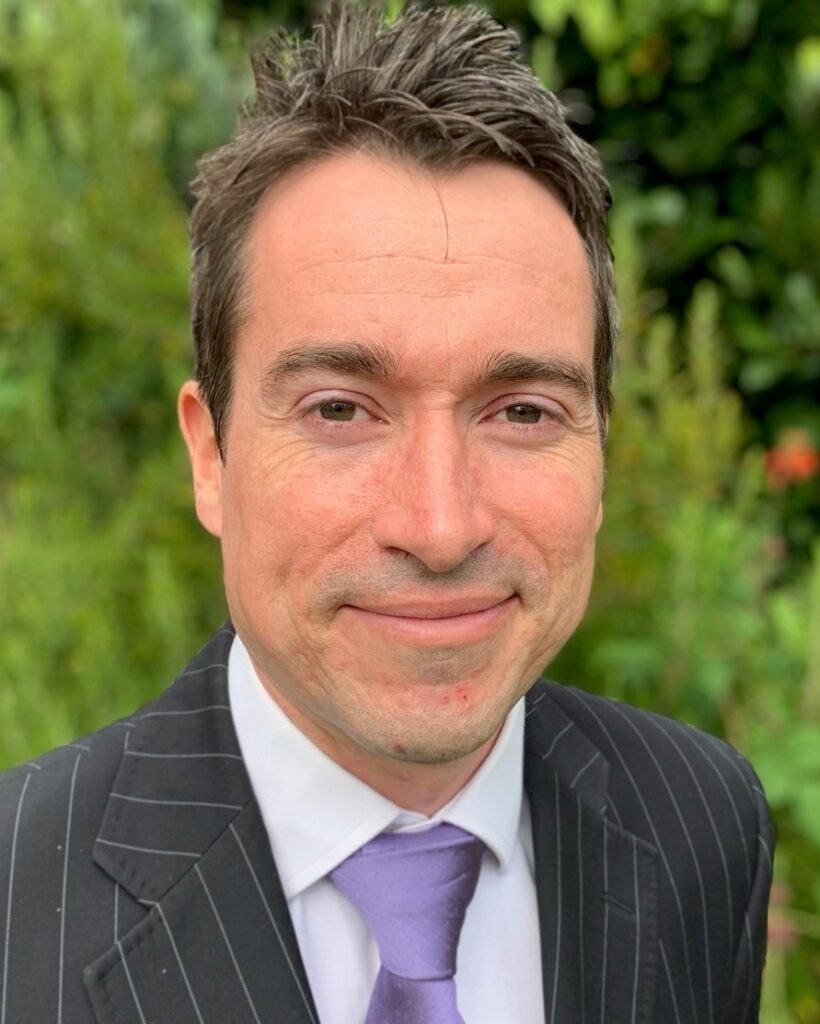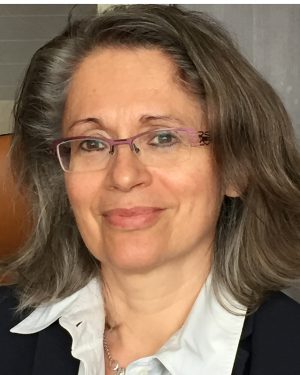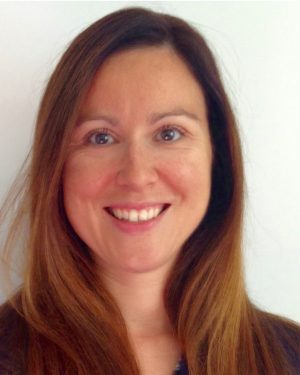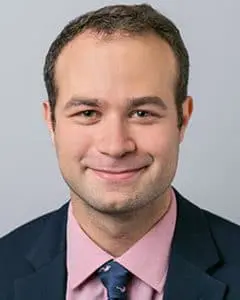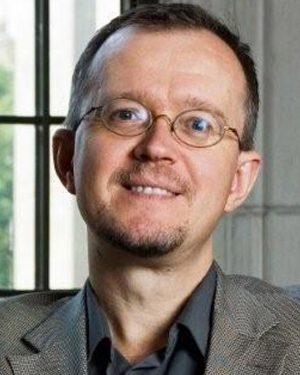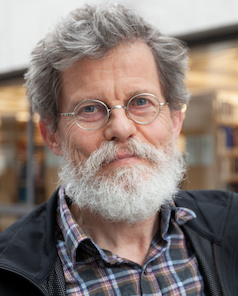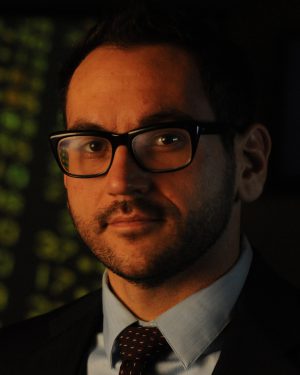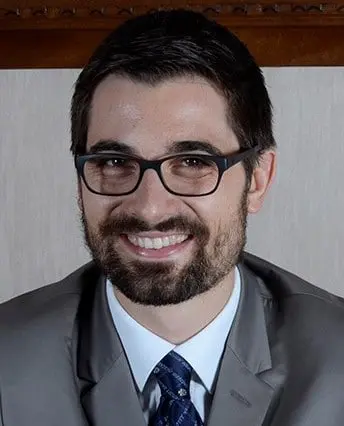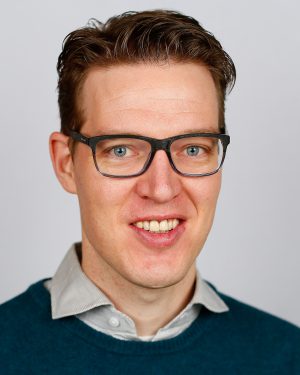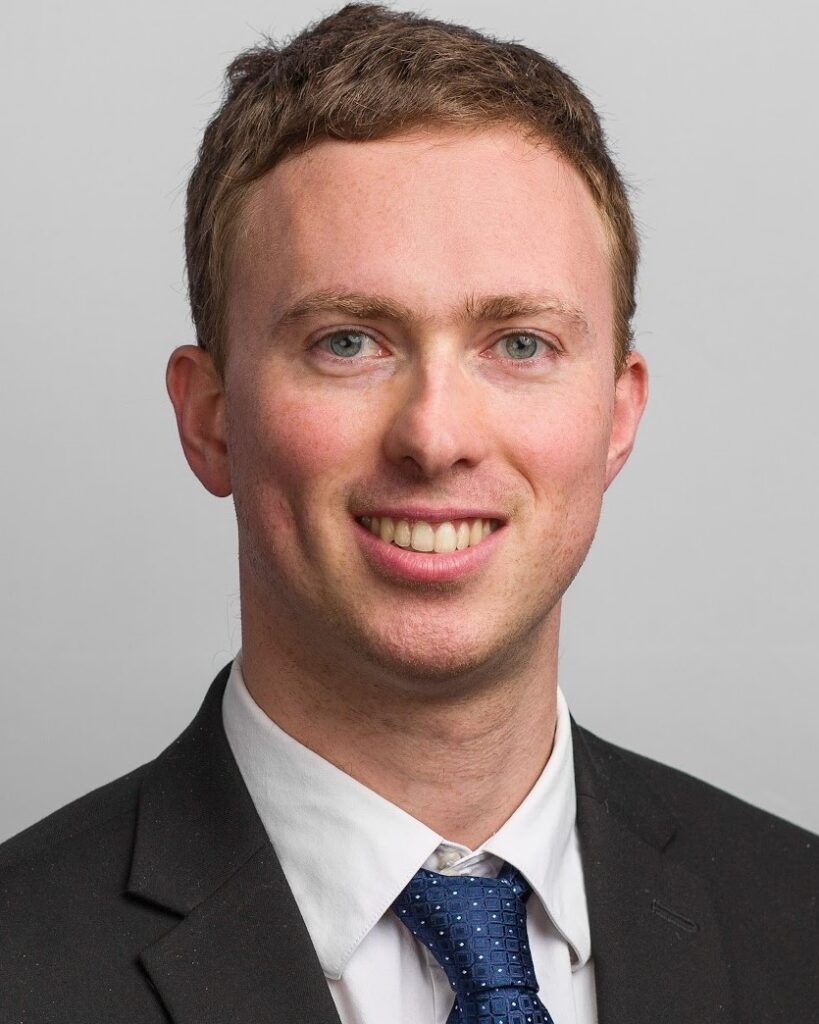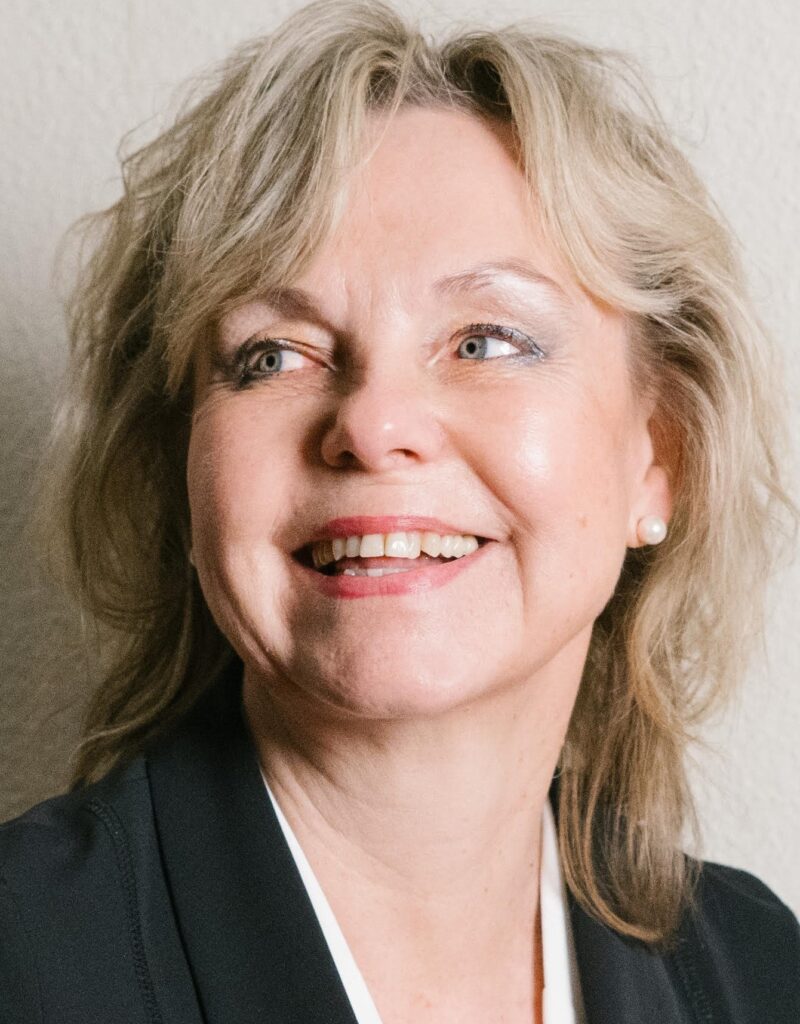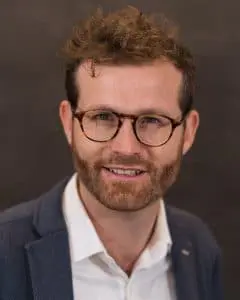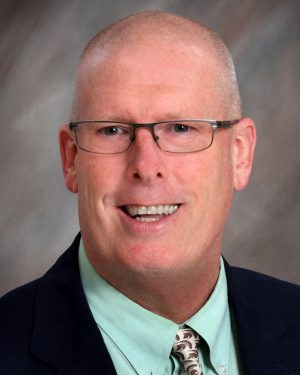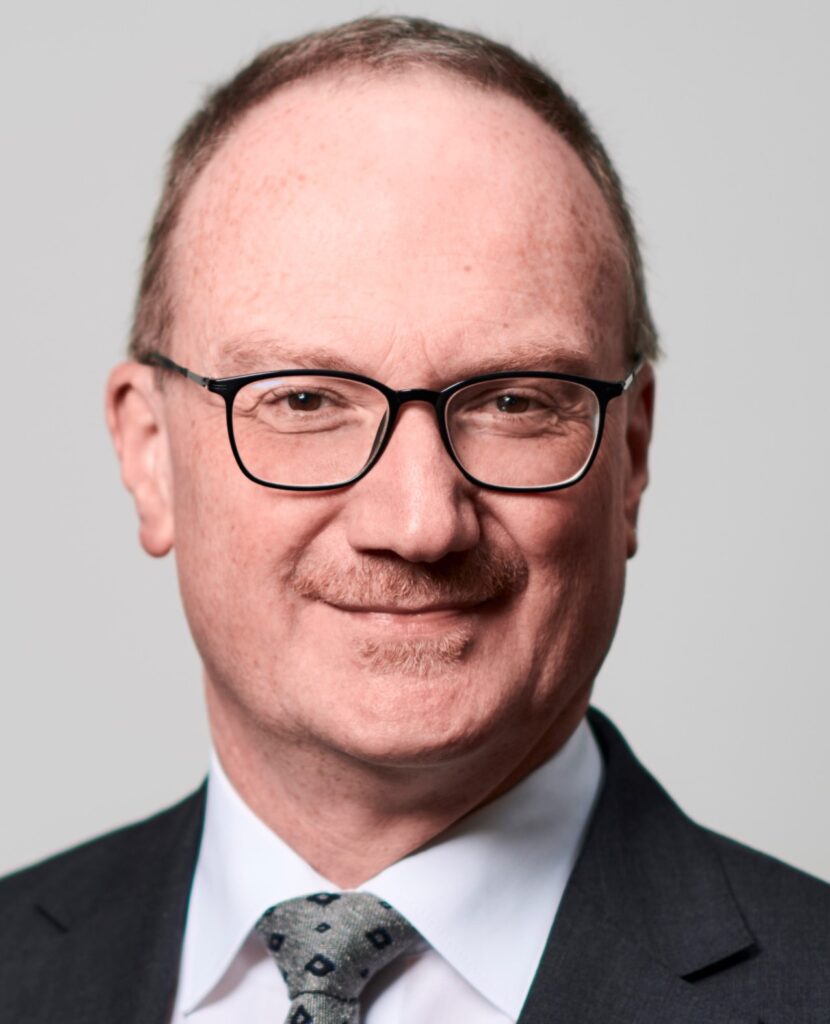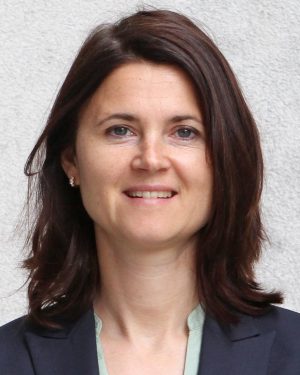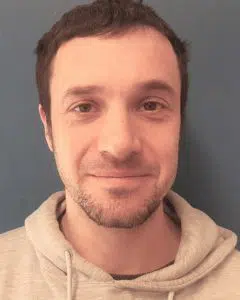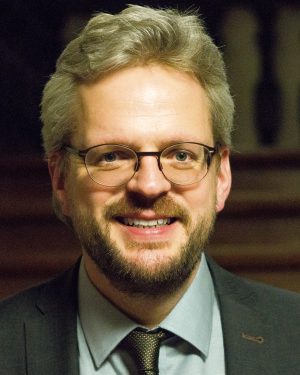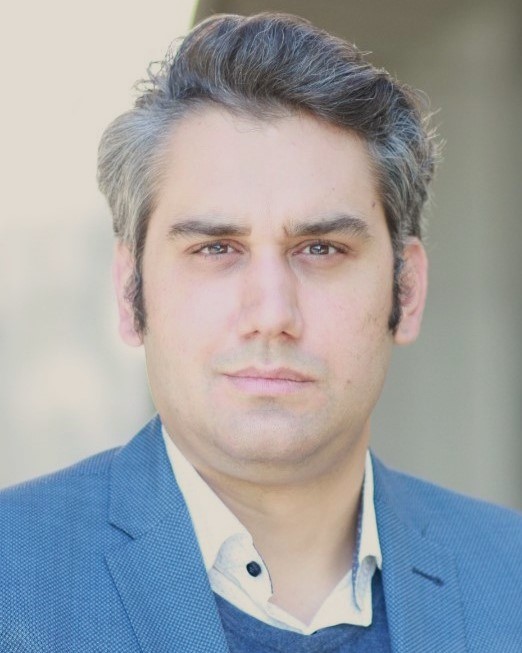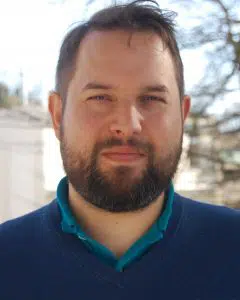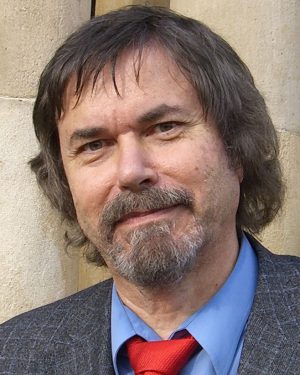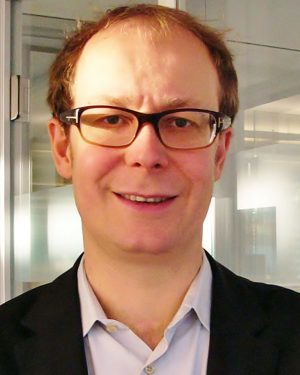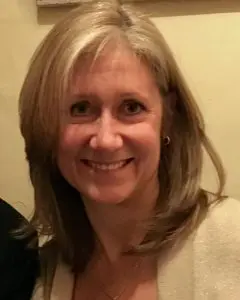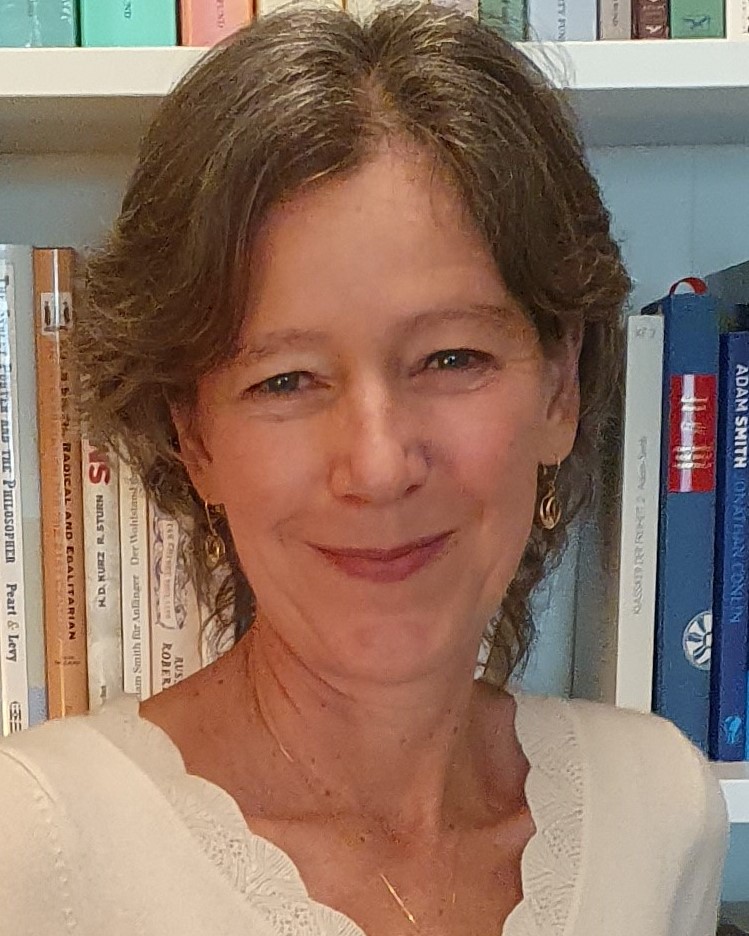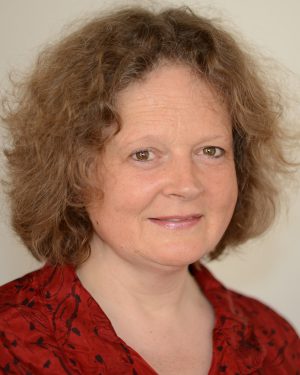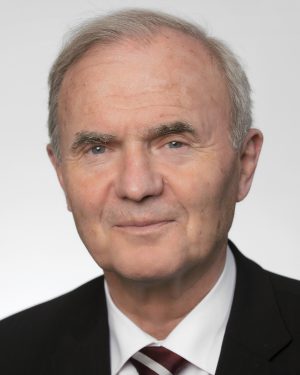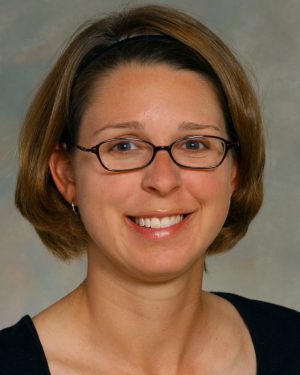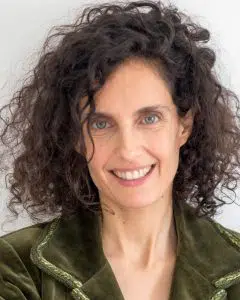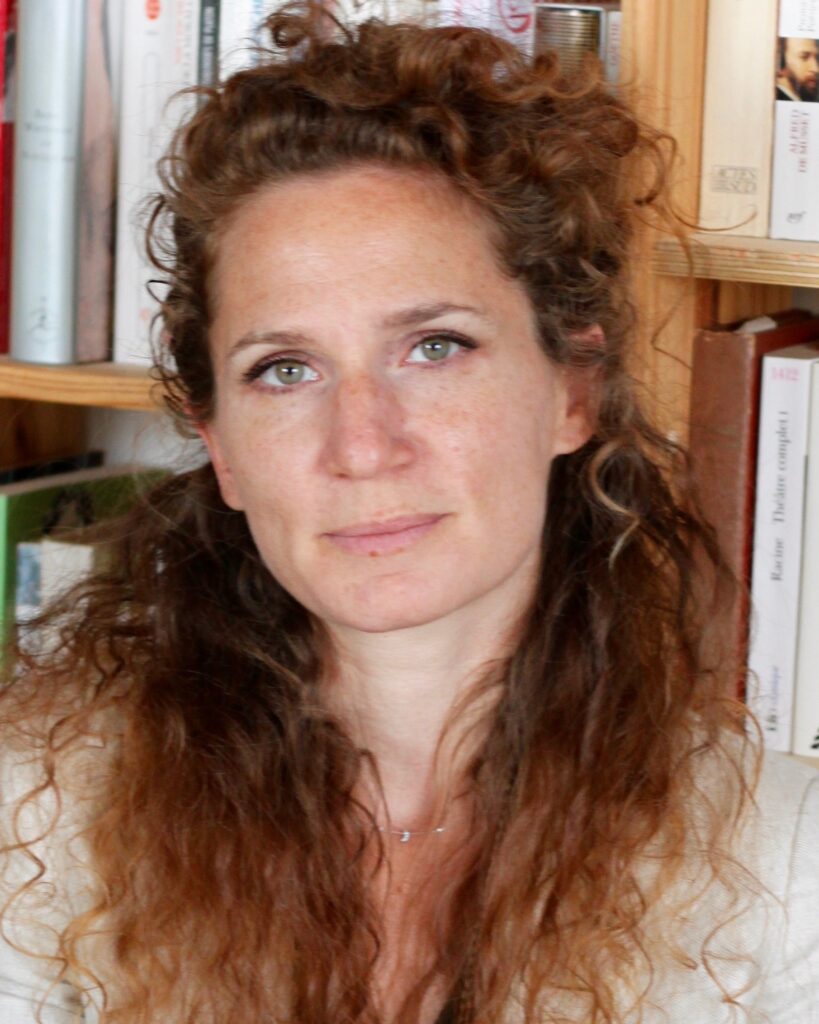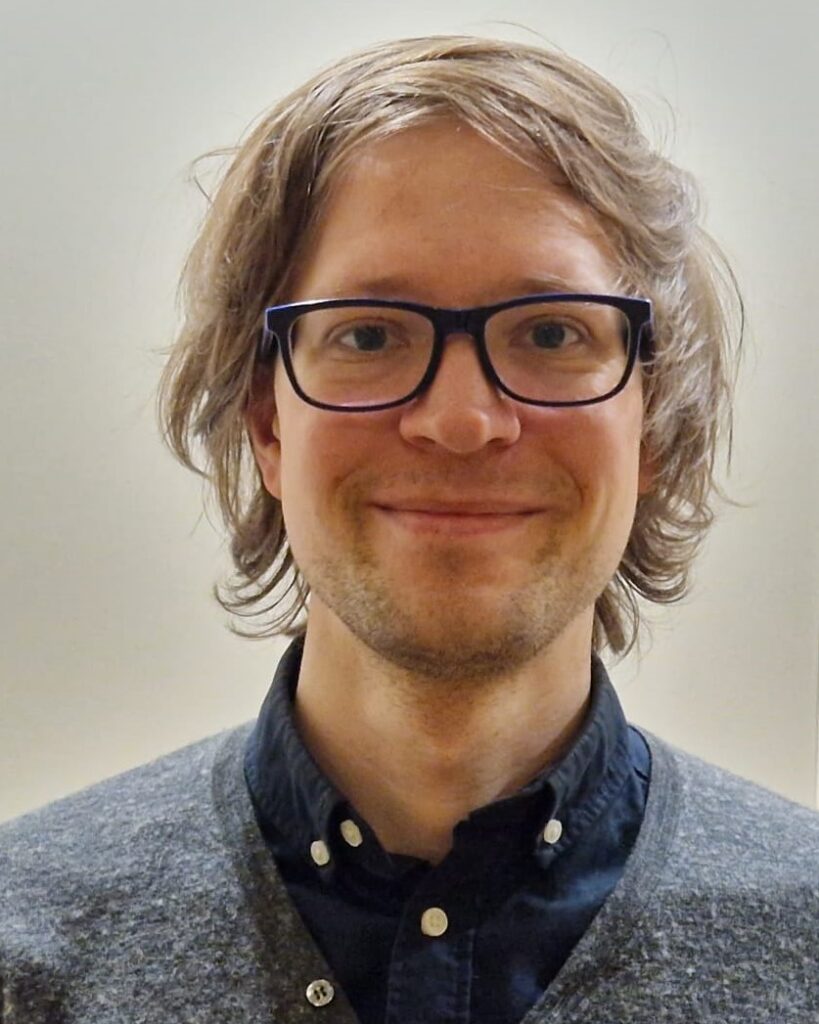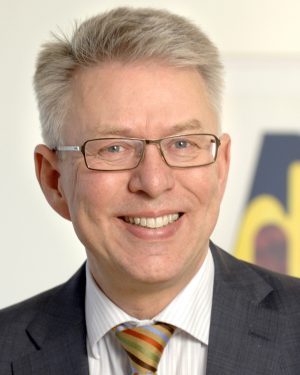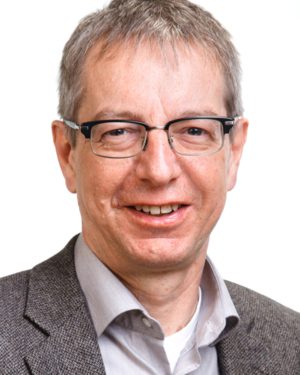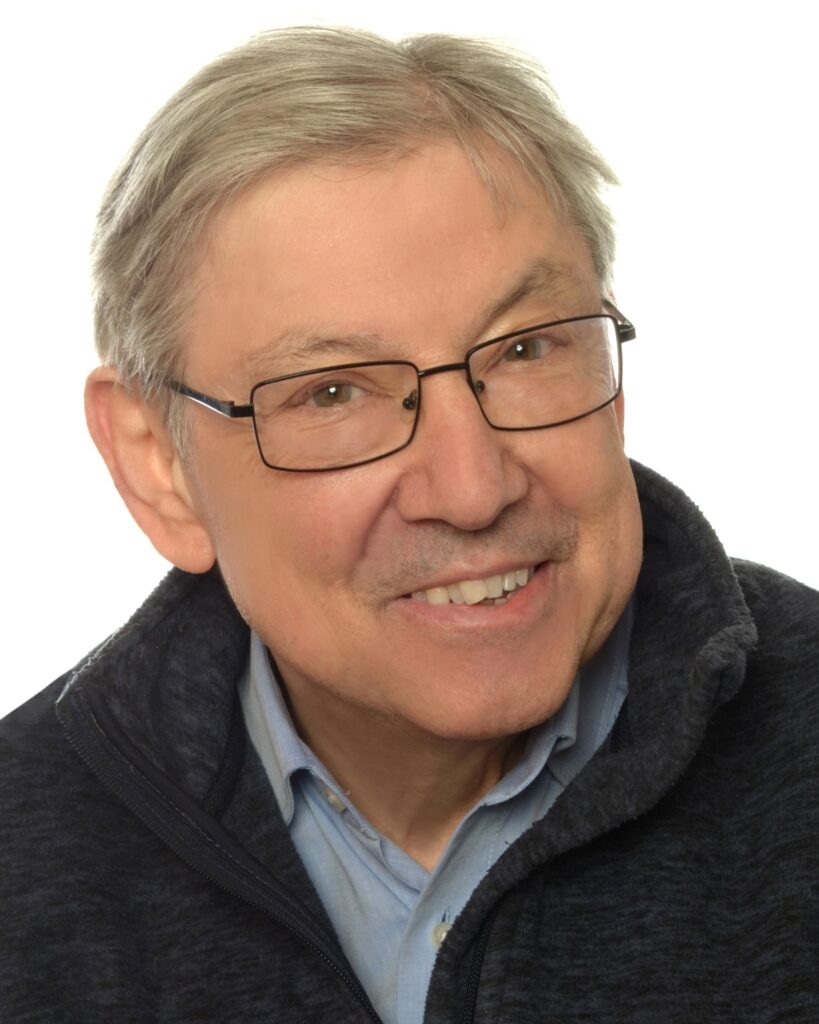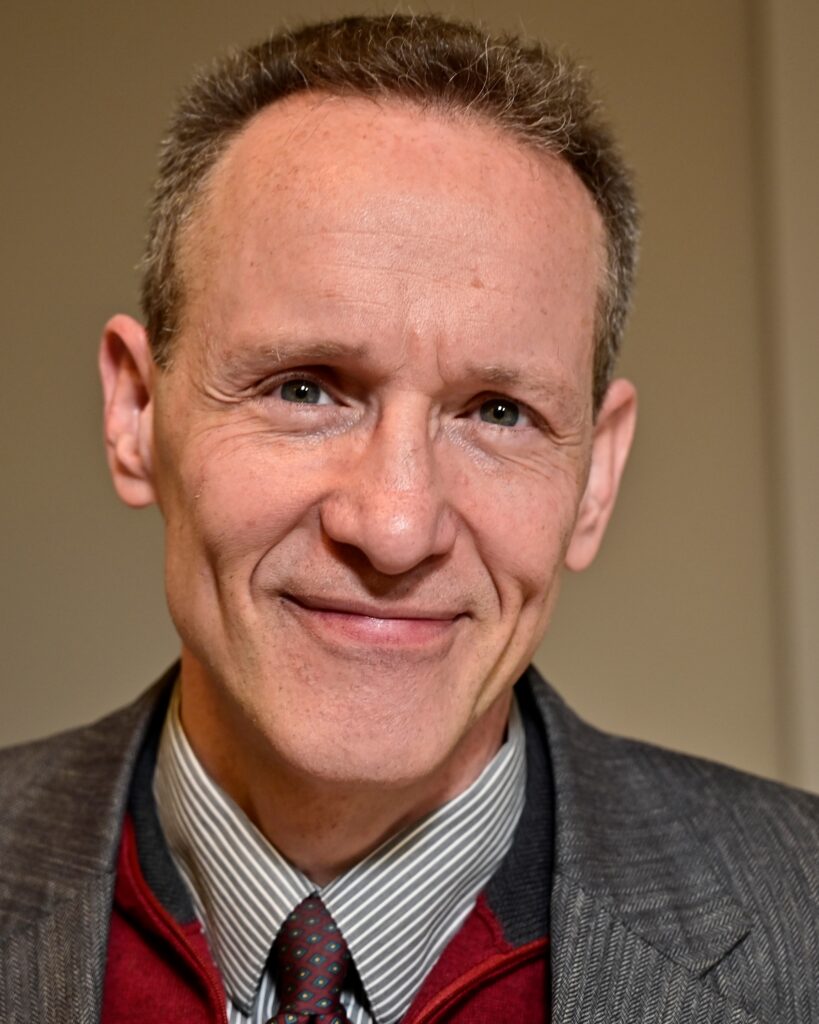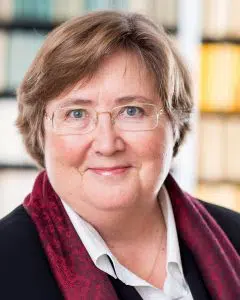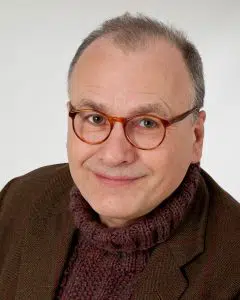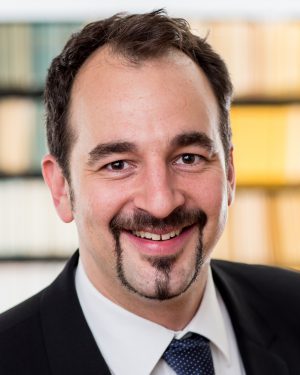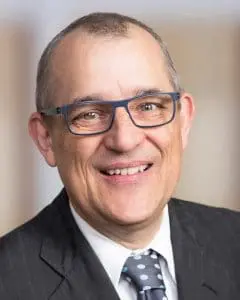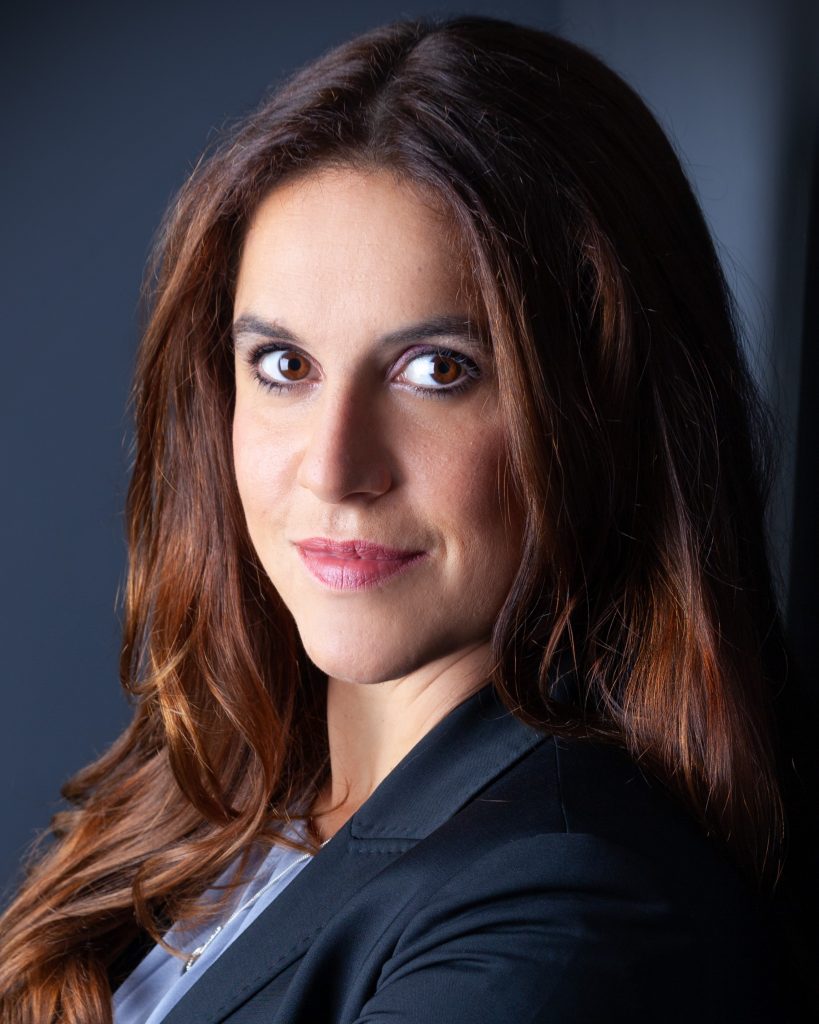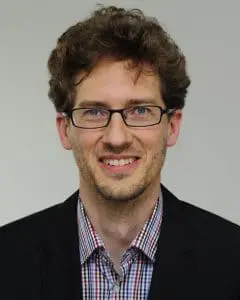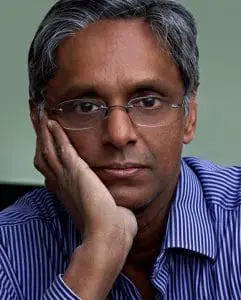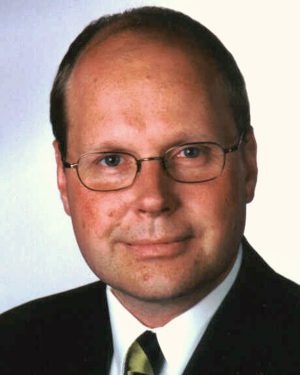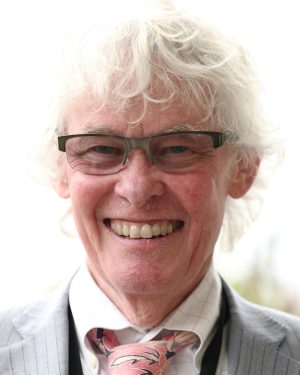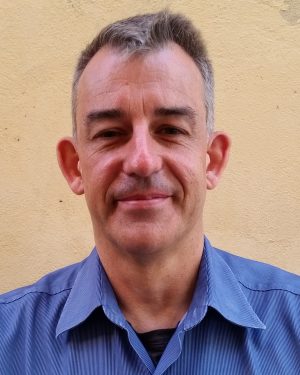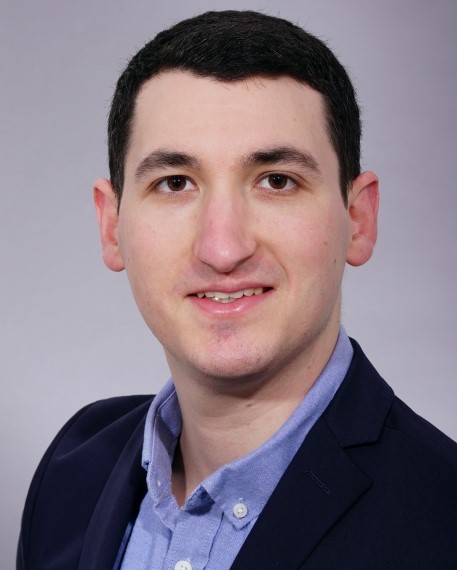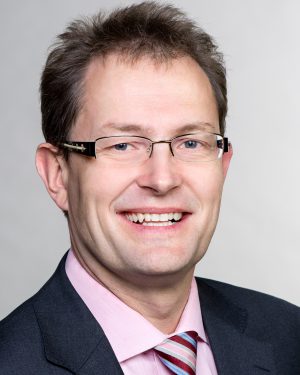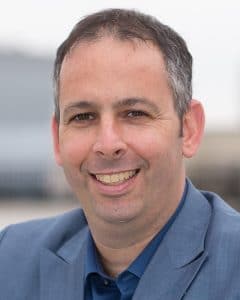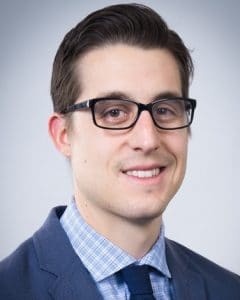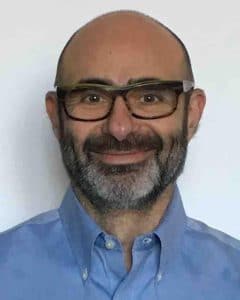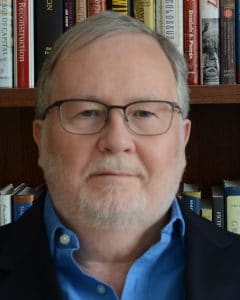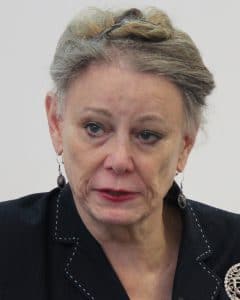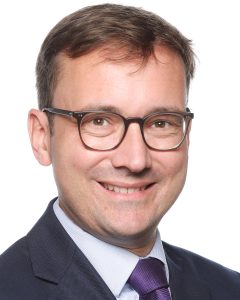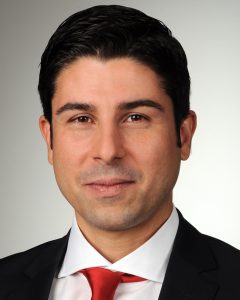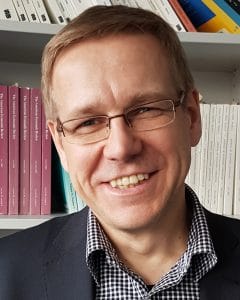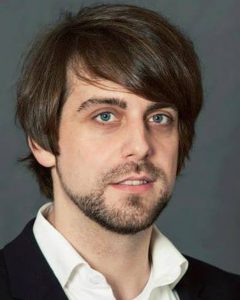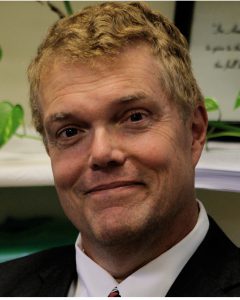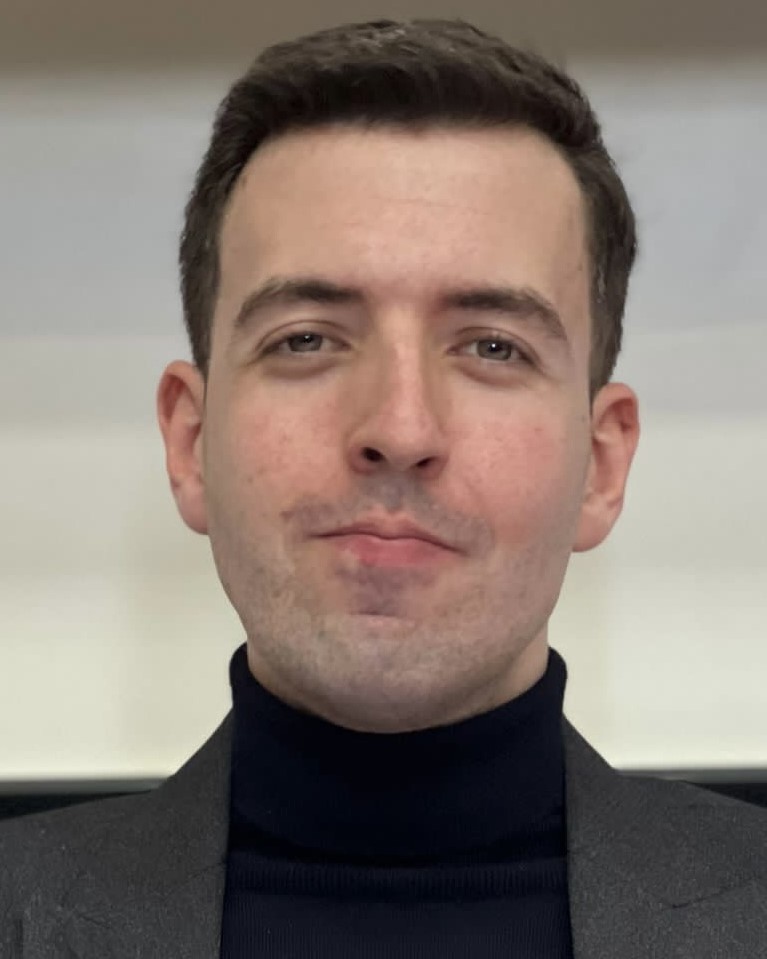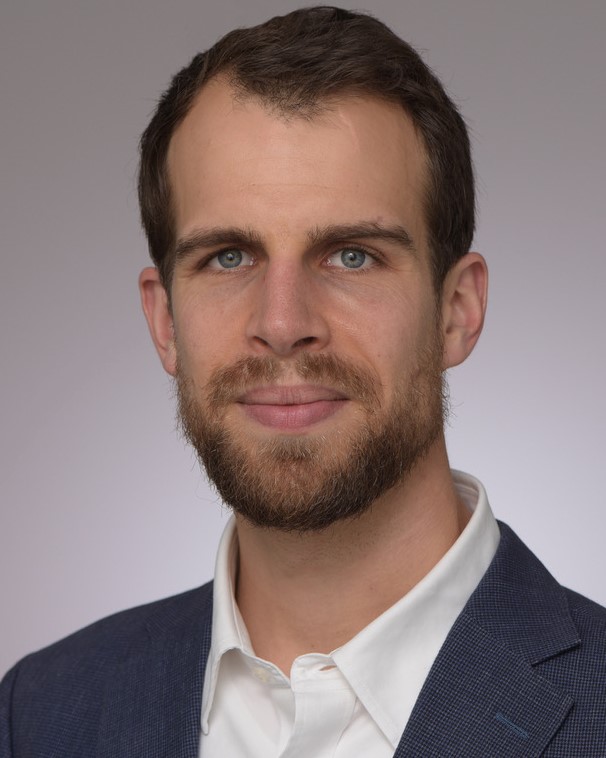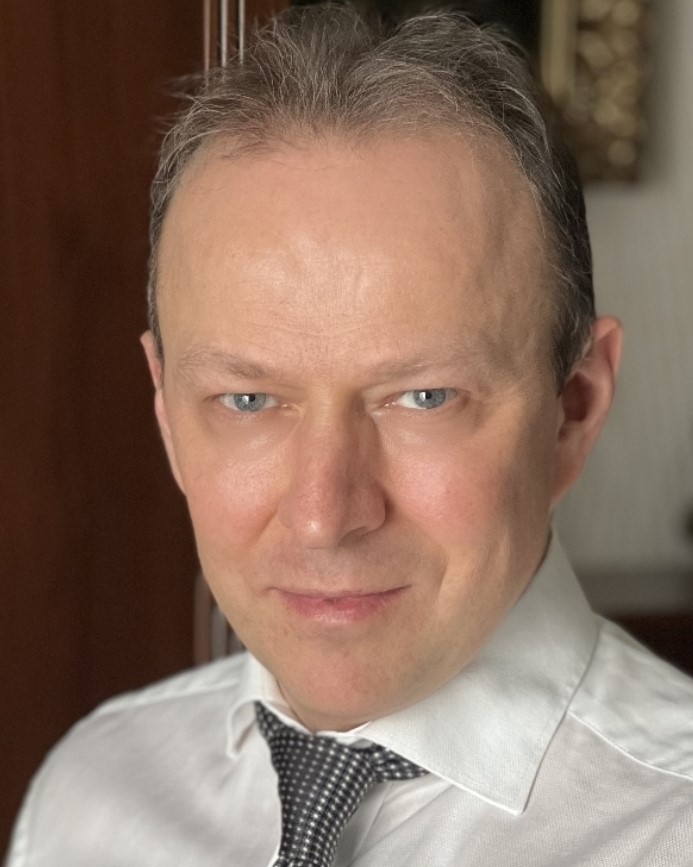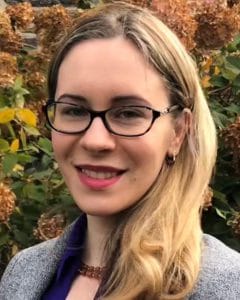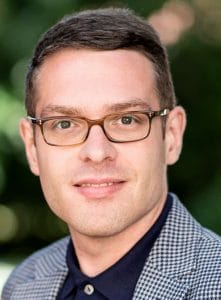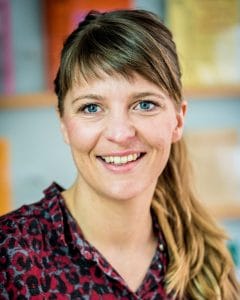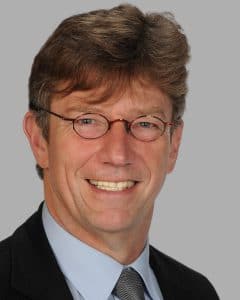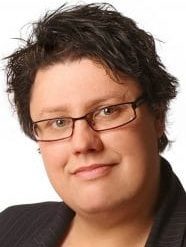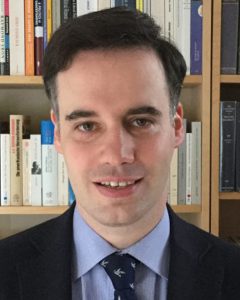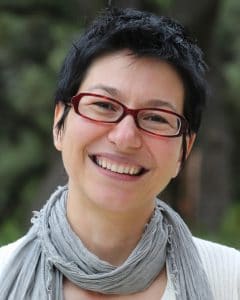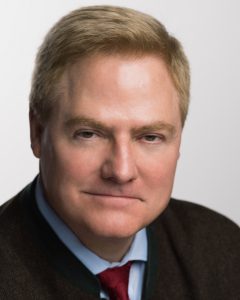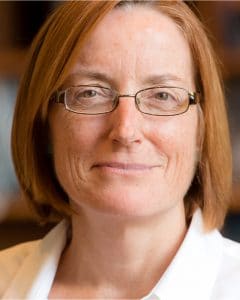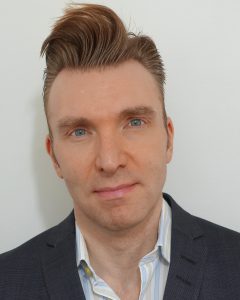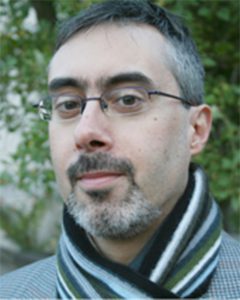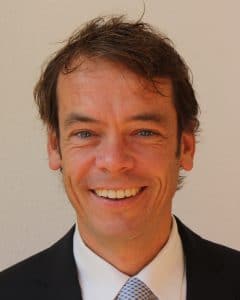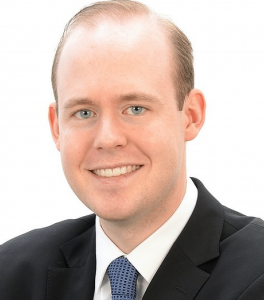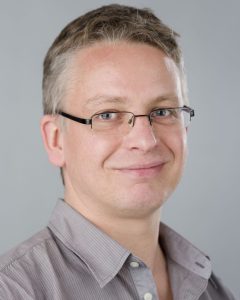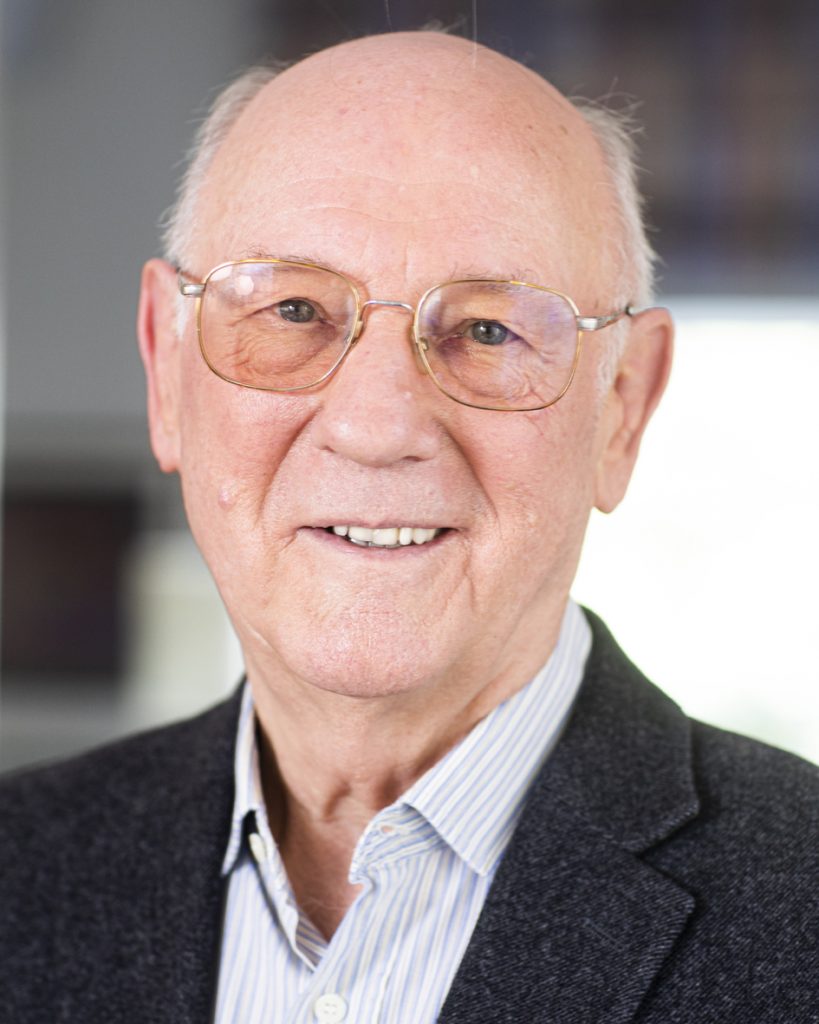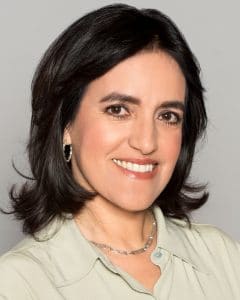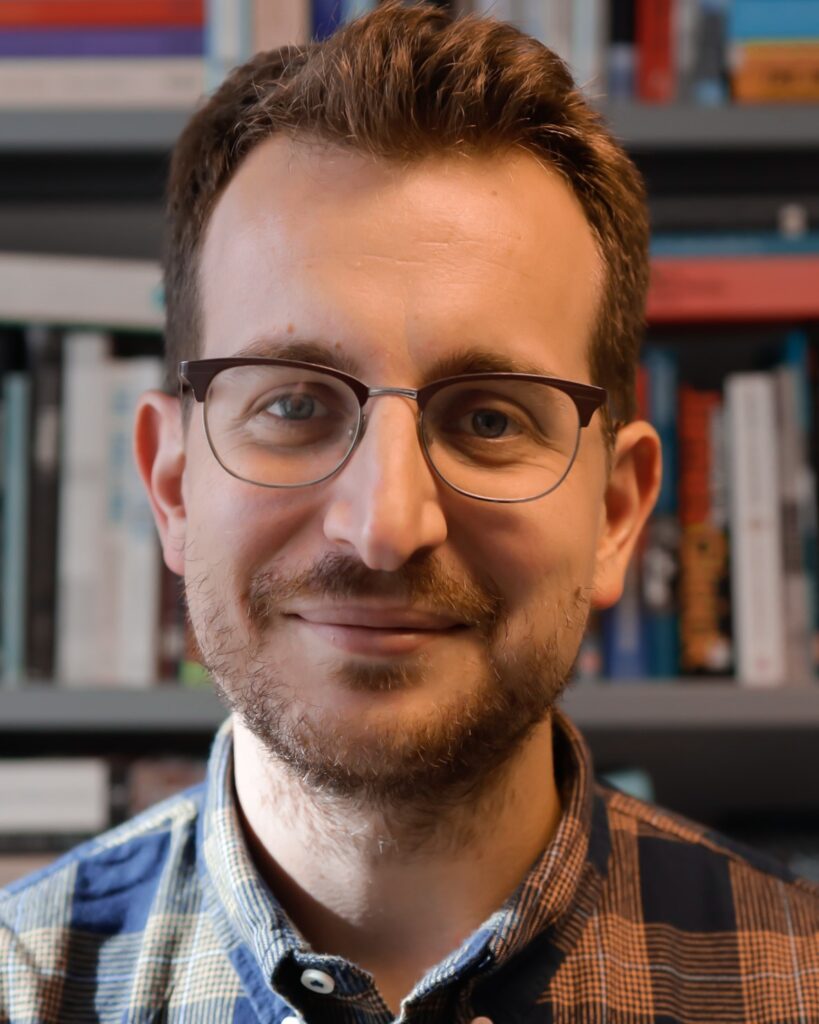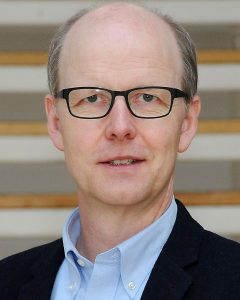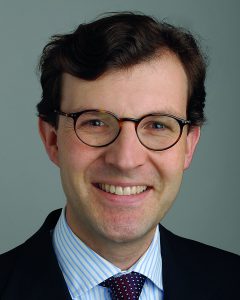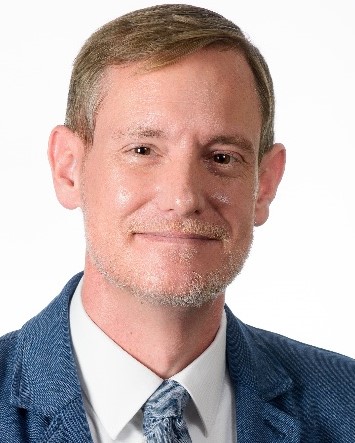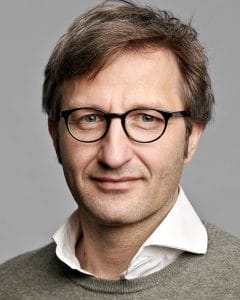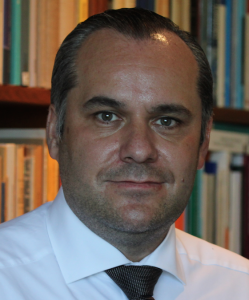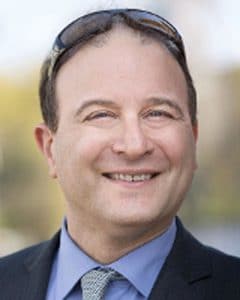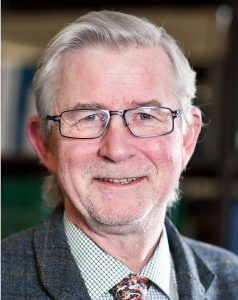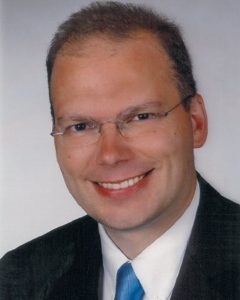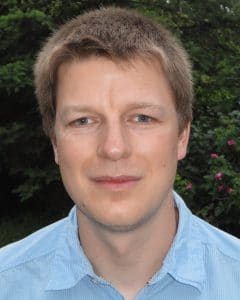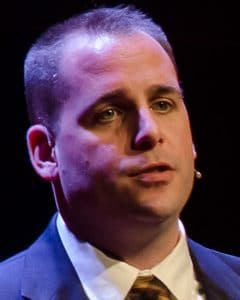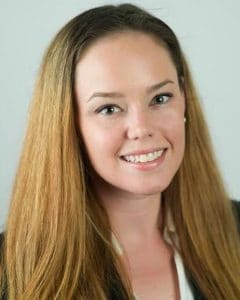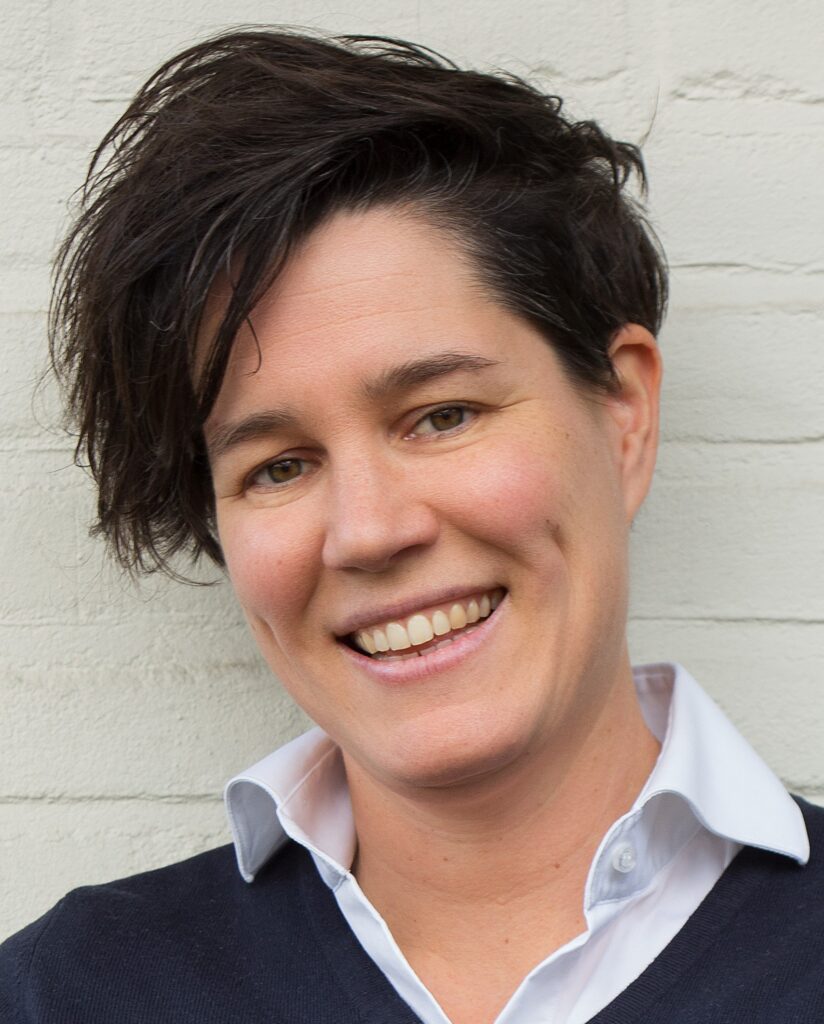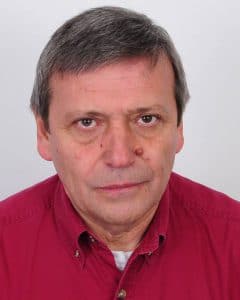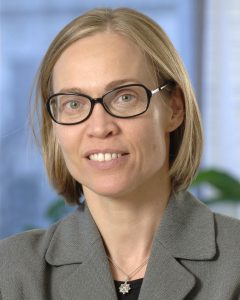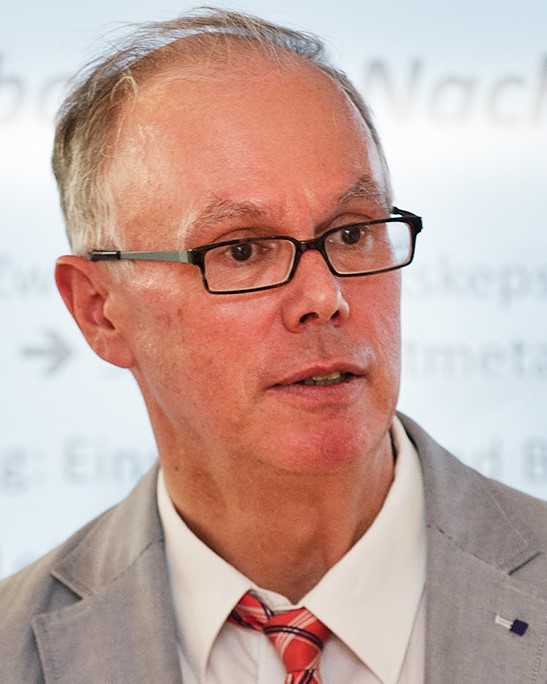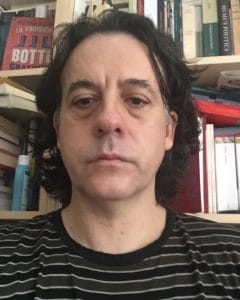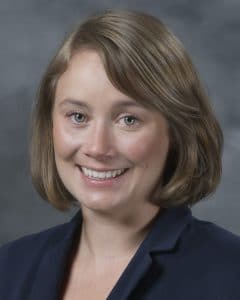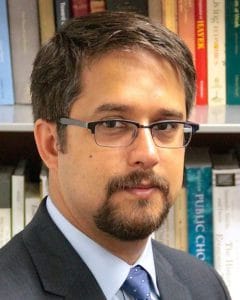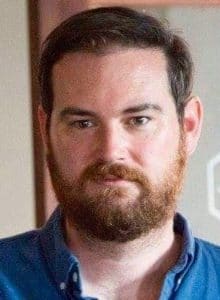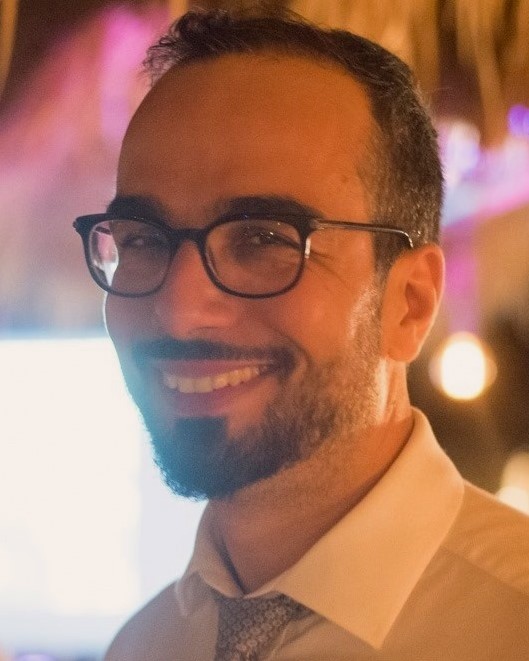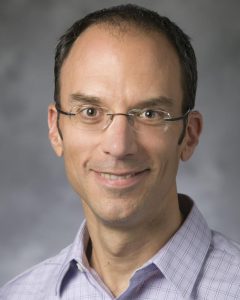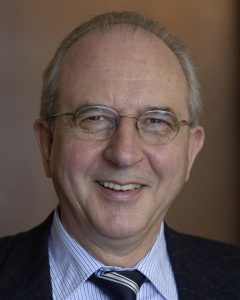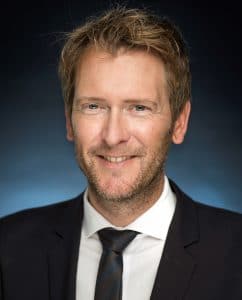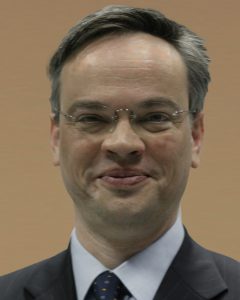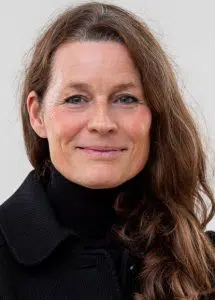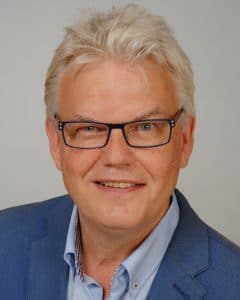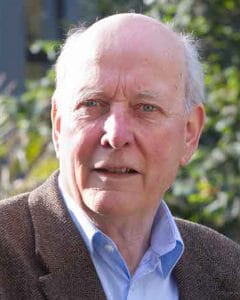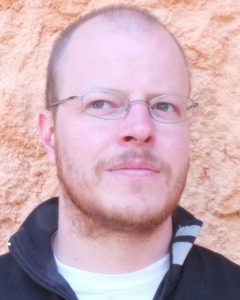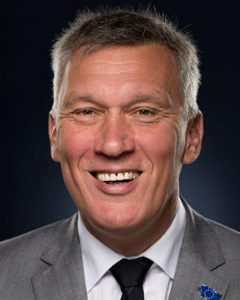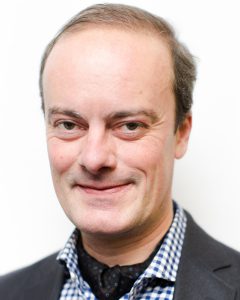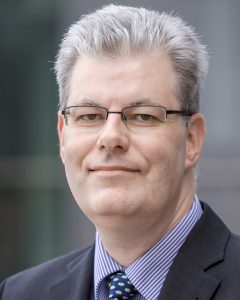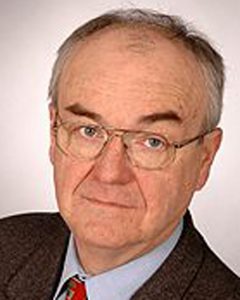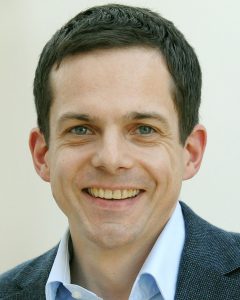Members
Entering a Conversation
NOUS fosters a critical scholarly exchange, bridging the gap between the disciplines, persuasions and generations. The network counts a large number of academics, but also research institutes, foundations and other organizations.
Quick Search
A
Paul Dragos Aligica
Dr. Paul Dragos Aligica (*1966) is a senior research fellow at the F.A. Hayek program for advanced study in philosophy, politics, and economics at the Mercatus Center at George Mason University (USA), where he teaches in the graduate program of the economics department. His areas of expertise include institutional theory, public choice, governance theory, social philosophy, and alternative economic systems. He received his Ph.D. in political science from Indiana University at Bloomington. An important part of his work has been dedicated to the research agenda developing at the interface between the public choice institutionalism of the Bloomington School, Austrian political economy and constitutional economics.
OLES ANDRIYCHUK
Dr. Oles Andriychuk (*1977) is a professor of competition law and digital markets at Newcastle Law School (UK). He directs the Digital Markets Research Hub, an academic series of interviews and workshops on YouTube aiming to discuss the functioning of competition in digital markets. Research outputs summarizing his foundational views are his monograph “The Normative Foundations of European Competition Law Assessing the Goals of Antitrust through the Lens of Legal Philosophy” (2017) and the paper “Between microeconomics and geopolitics: on the reasonable application of competition law” (2022), Modern Law Review 85(3): 598-634. He holds a first Ph.D. from Charles University, Prague, and a second Ph.D. from the European University Institute, Florence.
Fabio G. Angelini
Dr. Fabio G. Angelini (*1982) is an associate professor of public law at the the Uninettuno University of Rome (Italy). He also teaches health law and pharmaceutical legislation at the Campus Bio-Medico University of Rome (Italy). He is co-founder and director of the Tocqueville-Acton Center, where he holds the Buchanan Chair in Public Law and Public Choice. His research interests include constitutional and administrative law, the relationship between public finance constraints and popular sovereignty, constitutional economics and administrative reforms. He holds a Ph.D. in public finance and administrative law from the LIUC Cattaneo University and was a visiting professor at the Pontifical Lateran University (Vatican City) and the Pontifical University of the Holy Cross (Vatican City).
Thomas Apolte
Dr. Thomas Apolte (*1960) has been a professor of economics since the year 2000. He holds the chair of political economy at the Center for Interdisciplinary Economics at the University of Münster (Germany). His main research interests are public choice, constitutional economics and conflict economics. His work is located at the intersection between economics and political theory.
B
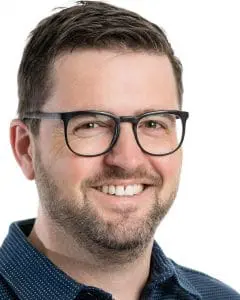
Stephan Balling
Dr. Stephan Balling (*1979) is a healthcare expert currently working for the firm “consus clinicmanagement” in Berlin (Germany) and serving as a scientific advisor to the Centre for European Policy (CEP). Until April 2022, he taught business administration and health care management, particularly economic policy, macroeconomics and health economics at Baden-Württemberg Cooperative State University (DHBW). He is interested in the way competition can boost efficiency in the public health care system and also in the framework governments should build to organize a patient-oriented and affordable system.
Giandomenica Becchio
Dr. Giandomenica Becchio (*1972) is an assistant professor at the economics department of the University of Turin (Italy) where she teaches the history of economics, the history of entrepreneurship, and the methodology of economics. Her areas of expertise include the history of political economy, Austrian economics, gender and feminism economics, as well as the philosophy of economics. She received her BA/MA in philosophy at the University of Turin and her Ph.D. in economics from the University of Florence. Research fellowships brought her i.a. to Duke University, Hitotsubashi University in Tokio, VSE University in Prague, Wirtschaftsuniversität Wien and the University of Technology Sydney (UTS).
Niclas Berggren
Dr. Niclas Berggren (*1968) is an associate professor of economics. He is a researcher and director of the research program “Institutions, Market and Enterprise” at the Research Institute of Industrial Economics (IFN) in Stockholm (Sweden), as well as a researcher and teacher at the department of economics at the University of Economics in Prague (Czechia). His research interests include institutional economics and public choice; trust, tolerance and religion; and the role of beauty in politics.
Andreas Bergh
Dr. Andreas Bergh (*1973) is an associate professor of economics at Lund University (Sweden) and at the Research Institute of Industrial Economics (IFN). His research concerns the welfare state, institutions, development, globalization, trust, and social norms. He is a board member of the Bertil Ohlin Institute and has a monthly column in “Dagens Nyheter”, Sweden’s leading daily newspaper.
Gábor István Bíró
Dr. Gábor István Bíró (*1988) is an assistant professor at the philosophy and history of science department of the Budapest University of Technology and Economics where he teaches the history of economic thought, the methodology of social sciences, history and philosophy of science. He is a research fellow at the MTA Lendület Values and Science Research Group within the Hungarian Academy of Sciences/Eötvös Loránd Research Network. His areas of expertise include spontaneous order theory, the philosophy and economics of Michael Polanyi, the morality of calculations, intellectual history and social philosophy. He earned his Ph.D. in history and philosophy of science from Budapest University of Technology and Economics. An important part of his work has been dedicated to the relation of values and science.
Peter J. Boettke
Dr. Peter J. Boettke (*1960) is a professor of economics and philosophy at George Mason University (GMU) in Fairfax, Virginia (USA), and was president of the Mont Pèlerin Society from 2016 to 2018. He is also the BB&T professor for the study of capitalism and the director of the F.A. Hayek Program for Advanced Study in Philosophy, Politics, and Economics at GMU’s Mercatus Center. His research concentrates on the fields of market process theory, comparative political economy, the history of economic thought, methodology, Austrian economics and institutional economics.
Alexander Braun
Dr. Alexander Braun (*1988) is a professor for healthcare management with a specialization in health economics and policy at the IMC University of Applied Sciences Krems (Austria). His academic focus is on regulatory health economics, economics of aging & long-term care, and health service research. He serves as a liaison lecturer for the German Hans-Böckler-Foundation and is a board member of the economic sociology department in the Austrian Sociology Association.
Daniel Brühlmeier
Dr. Daniel Brühlmeier (*1951) teaches political science at the University of Bern (Switzerland). His focus in teaching and research is on political theory and the history of ideas, the theory of democracy and administration. He studied philosophy, history of ideas and French literature (Lettres) at the Université de of Genève and economics and social sciences at the University of St. Gallen, obtaining a Ph.D. degree with a dissertation on Adam Smith’s theory of jurisprudence. Beside teaching and research in St. Gallen and Zurich, he worked for more than 20 years as a counsellor for the Zurich cantonal government.
Michael Burda
Dr. Michael Burda (*1959) has been holding the chair for economic theory II (macroeconomics) at Humboldt University Berlin (Germany) since 1993. He studied at Harvard University, earning his Ph.D. degree under the guidance of Jeffrey Sachs and Olivier Blanchard. His research interests are located in the areas of labor economics, macroeconomics and European integration. He is a research fellow at the Centre for Economic Policy Research (CEPR), London, and at Institut zur Zukunft der Arbeit (IZA), Bonn.
C
Bruce Caldwell
Dr. Bruce Caldwell (*1952) is a research professor of economics and director of the Center for the History of Political Economy (HOPE) at Duke University in Durham, North Carolina (USA). His research interest focuses on the history of economic thought, especially Austrian economics, as well as methodology. Since 2002 he has been the general editor of the “Collected Works of F.A. Hayek“. In 2022, he published the biography “Hayek: A Life, 1899-1950”, together with co-author Hansjörg Klausinger. Caldwell is a life member of Clare Hall, Cambridge (UK).
Rosolino Candela
Dr. Rosolino Candela (*1984) is an associate director of academic and student programs and senior fellow of the F.A. Hayek Program for Advanced Study in Philosophy, Politics, and Economics, both at the Mercatus Center at George Mason University in Fairfax, Virginia (USA). His research interests include Austrian economics, public choice, and the economics of property rights, as well as the history of economic thought and methodology.
Susanne Cassel
Dr. Susanne Cassel (*1969) has been working for the German Federal Ministry for Economic Affairs and Climate Action since 2001. She is head of the public finances and policy coordination section. She also teaches at the Düsseldorf Institute for Competition Economics (DICE) of Heinrich Heine University of Düsseldorf (Germany) . Her research interests concentrate on academic policy advice, while her day-to-day professional focus is on political economy and economic policy. She is the chair of ECONWATCH – Gesellschaft für Politikanalyse e.V.
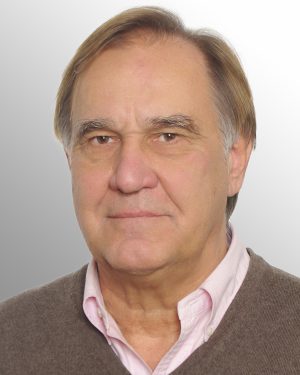
Nikolas G. Charitakis
Dr. Nikolas G. Charitakis (*1949) was formerly a professor in the economics department at the National and Kapodistrian University of Athens (Greece). His areas of expertise are industrial organization, the theory of institutions, and law & economics. Earlier, he also served as an economic advisor for the Federation of Greek Industries, as the Secretary General for privatization and deregulation at the Greek Ministry of Industry, Research and Technology, as a CEO in public companies and as a councillor for various firms and associations.
Matthew Cole
Dr. Matthew Cole (*1985) is a Senior Lecturer at the University of Exeter (UK). He teaches a number of subjects including competition law and EU law. His research interests broadly include law and economics, in particular competition law and ordoliberalism. He also has interests in takeover regulation and its impact on the economy. He received his doctorate from Cardiff University and was called to the Bar in 2008.
Patricia Commun
Dr. Patricia Commun (*1960) is a professor for German economic culture at the University of Cergy-Pontoise/Paris-Seine (France). Her focus of research is the history of liberal thought and 20th century German economic history. She is a member of the Wilhelm Röpke Institut and of the Aktionsgemeinschaft Soziale Marktwirtschaft.
Crystal Cordell
Dr. Crystal Cordell (*1979) is the deputy director of the Reims Campus of Sciences Po (France), an adjunct professor at the Menton Campus of Sciences Po, and a research associate at CESPRA – Centre d’études sociologiques et politiques Raymond Aron. Her research interests span the fields of ancient Greek philosophy, rhetoric and political discourse, European politics, emotions in politics, applied ethics, and libertarian feminism. Earlier, she served as an academic manager at the Menton Campus of Sciences Po, and she taught at the University of Nice – Sophia Antipolis and Skema Business School.
Nick Cowen
Dr. Nick Cowen (*1985) is a lecturer at the School of Social and Political Sciences, University of Lincoln (UK). He was previously a fellow at the New York University School of Law. He researches at the interface between political economy, public policy and criminology, with a focus on the epistemic properties of institutions. He studied philosophy and political science at University College London and the University of Oxford and received his doctorate from the department of political economy at King’s College London.
Aurelian Craiutu
Dr. Aurelian Craiutu (*1966) is a professor of political science at Indiana University, Bloomington (USA), where he also directs the Tocqueville Program. He has published extensively in the field of modern French political thought. A native of Romania, he graduated from the Bucharest Academy of Economic Studies before pursuing postgraduate studies in the history of economics at the Université de Rennes I (France). He earned his Ph.D. in political theory from Princeton University in 1999 with a dissertation on the group of the so-called French doctrinaires.
D
Uwe Dathe
Dr. Uwe Dathe (*1962) is a research fellow at the Thuringian University and State Library Jena (Germany), where one of his current major responsibilities is the processing of Walter Eucken’s unpublished papers. His areas of expertise are the history of ordoliberalism and the Freiburg School, focusing on Eucken, Constantin von Dietze and Franz Böhm, and research into unpublished papers generally. He studied philosophy, logic and Romanian language at the University of Leipzig, earning his Ph.D. with a thesis on Gottlob Frege’s intellectual microclimate in Jena.
Daniel D’Amico
Dr. Daniel D’Amico (*1982) is a lecturer in economics and the associate director of the Political theory project at Brown University in Providence, Rhode Island (USA), where he teaches and coordinates student programs dedicated to the study of institutions and ideas that make societies free, prosperous, and fair. His current research is focused upon the political economy of punishment and incarceration throughout history and around the world. Before beginning at Brown University in 2015, he was associate professor of economics at Loyola University New Orleans. He holds a Ph.D. in economics from George Mason University.
Riccardo de Caria
Dr. Riccardo de Caria (*1984) is an associate professor at the department of law of the University of Turin, where he teaches comparative law and economics as well as public economic law, and visiting professor at the Université Lyon III Jean Moulin. His research interests include financial regulation; the law of blockchain, cryptocurrencies and the tokenized economy; freedom of expression. He holds a Ph.D. from the University of Turin and a Master of Laws (LLM) from the London School of Economics and Political Science.
Erwin Dekker
Dr. Erwin Dekker (*1984) is a senior research fellow with the F.A. Hayek Program for Advanced Study in Philosophy, Politics, and Economics and a senior research fellow at the Mercatus Center at George Mason University in Fairfax, Virginia (USA). His main research fields are history of economic thought, institutional economics, and economic sociology. He is editor at the Review of Austrian Economics and book review editor at Oeconomia.
Alessandro DeL PONTE
Dr. Alessandro Del Ponte (*1988) is an assistant professor in the department of political science at the University of Alabama (USA) and a visiting scholar at the National University of Singapore. He uses methods from experimental economics, moral psychology, and survey research to better understand how citizens and governments respond to crises. His recent work covers climate change, COVID-19, debt, nationalism, and partisan polarization. He holds a Ph.D. in political science from Stony Brook University, an MPA from SUNY Albany, and economics degrees from Bocconi (MSc.) and the University of Genoa (BSc.).
Sabine Döring
Dr. Sabine Döring is a honorary professor at Eberhard Karls University of Tübingen, where she formerly held the chair of practical philosophy. She currently serves as State Secretary at the Federal Ministry of Education and Research. Her research focuses on ethics and the theory of practical reason with an emphasis on the emotions, and on political philosophy with an emphasis on the relation between liberty and the common good. In 2022, she was awarded an “opus magnum” stipend by the Volkswagen Foundation for her current research on this topic.
Malte Dold
Dr. Malte Dold (*1985) is an assistant professor in the economics department at Pomona College in California (USA). His research lies at the intersection of behavioral economics, applied philosophy, and social psychology. He is interested in the question of how social environments shape individual decisions and what constitutes agency when preferences are context-dependent. His research draws on experimental findings, philosophical reasoning, and the history of economic thought, in particular on the work of John Stuart Mill, Frank Knight, James Buchanan, and Amartya Sen. He holds a M.A. in philosophy & economics from the University of Bayreuth (Germany), and a Ph.D. in economics from the University of Freiburg (Germany).
E
Ross B. Emmett
Dr. Ross B. Emmett (*1957) is the director of the Center for the Study of Economic Liberty and professor of political economy in the School for Civic and Economic Thought and Leadership, Arizona State University (USA). A historian of classical liberal economics, his work is concerned with the constitutional political economy of a free society and the enhancement of the bourgeois virtues that support it.
F
Lars P. Feld
Dr. Lars P. Feld (*1966) has been holding the chair for economic policy and constitutional economics at Freiburg University (Germany) since 2010 and is the director of the Walter Eucken Institut. His research focuses on economic and fiscal policies, the new political economy, and the economic analysis of law. Since 2003, he has been a member of the board of scientific advisors to the Federal Ministry of Finance in Germany, and in 2022, he was appointed as personal advisor to the minister. From 2011 to 2021, he served in the German Council of Economic Experts, from 2020 to 2021 as chair.
Andrea Franc
Dr. Andrea Franc (*1977) is an economic historian at the University of Basel and a lecturer in history of economic thought at the University of Lucerne (Switzerland). She focuses on North-South issues and publishes on the role of Swiss multinational companies, NGOs and special interest groups. She obtained her Ph.D. at the Université de Genève, was appointed reader in Basel and was an academic visitor in Oxford, New York and Legon (Ghana). From 2007 to 2012, she worked as an editor for the “Historical Dictionary of Switzerland”.
Robert Fritzsch
Dr. Robert Fritzsch (*1983) is a lecturer in economic policy and institutional economics at the University of Erfurt (Germany). His main research interests are in the field of institutional economics. He studied economics and political science at the University of Erfurt and the Universidad Torcuato di Tella, Buenos Aires (Argentina). In 2018, he received a Ph.D. degree in economics.
G
Nils Goldschmidt
Dr. Nils Goldschmidt (*1970) holds the chair for contextual economics and economic education at Siegen University (Germany). He is the director of the Center for Economic Education in Siegen (Zöbis) and chairs the Aktionsgemeinschaft Soziale Marktwirtschaft (ASM). His main research interests are constitutional economics, social policy, economic education and ethics as well as the history and methodology of economic thought. Nils Goldschmidt is a member of the board of the Wilhelm-Röpke-Institut, affiliated fellow of the Walter Eucken Institut and member of the advisory board of the Roman Herzog Institut.
Lachezar Grudev
Lachezar Grudev (*1987) is interim professor of political economy at the University of Applied Sciences Zwickau (Germany). Prior to this, he was an Adam Smith Fellow at the Mercatus Center, George Mason University (USA) and a research fellow at the Center for the History of Political Economy at Duke University (USA). His research interest focusses on the history of economic thought, especially the Freiburg School, Austrian economics, and methodology. He is also a lecturer at the University of Siegen and at the University of Cooperative Education in Freiburg (Germany). He earned his Ph.D. in economics at the University of Freiburg with a doctoral thesis on the tension between the ordoliberal research program and business cycle theory.
Jerg Gutmann
Dr. Jerg Gutmann (*1984) is an assistant professor at the Institute of Law and Economics of the University of Hamburg (Germany) and a CESifo affiliate. His mostly empirical research focuses on questions at the intersection of institutional economics, law and economics, and political economy. He has published research on a wide range of topics, including the measurement of institutions and institutional quality, the independence of judges and prosecutors, the determinants of human rights protection and the rule of law, as well as the link between culture/religion and state law. One of his more recent projects is the development of a global database of governments’ constitutional compliance. He holds a Ph.D. in economics from the University of Hamburg.
H
Harald Hagemann
Dr. Harald Hagemann (*1947) is a professor emeritus for economic theory at the University of Hohenheim (Germany) and life member of Clare Hall, Cambridge (UK). In his research, he focuses on growth, structural change, the employment effects of technological progress, the history of modern macroeconomics, and the emigration of German-speaking scholars after 1933. He is honorary past president of the European Society for the History of Economic Thought and, since 2013, president of the Keynes-Gesellschaft. In 1999/2000, he was Theodor Heuss Professor at the New School for Social Research in New York.
Justus Haucap
Dr. Justus Haucap (*1969) has been the founding director of the Düsseldorf Institute for Competition Economics (DICE) at Heinrich-Heine-University of Düsseldorf (Germany) since 2009. In his research, he mainly focuses on competition and antitrust issues as well as on the regulation of network industries and digital markets. From 2006 to 2014, he served as a member of the German Monopolies Commission, which he also chaired for four years. He holds a doctoral degree from the University of Saarland and a habilitation from the University of the Federal Armed Forces in Hamburg.
Christine Dunn Henderson
Dr. Christine Dunn Henderson (*1967) is an associate professor of political science at Singapore Management University (Singapore). Prior to joining SMU, she was a senior fellow at Liberty Fund, Inc. (USA). Her main areas of research include Tocqueville, Beaumont, French liberalism, politics, and literature. She holds an A.B. in French studies and government from Smith College in Northampton, Massachusetts, as well as a Ph.D. in political science from Boston College.
Karen Horn
Ulrike Hotopp
Dr. Ulrike Hotopp (*1966) is the director of LIVE Economics ltd. and a reader at the University of Kent (UK), where she teaches economic policy. She is a specialist in policy evaluation, particularly in fields such as environment, energy, labour markets, health etc. Earlier, she was the chief economist at the economic research institute and advisory firm Simetrica in London and also spent 16 years in the UK Government Economic Service. She is a member of the advisory board at the School for Business and Management at Queen Mary University, London, and a member of the advisory council of the UK Evaluation Society.
I
Otmar Issing
Dr. Otmar Issing (*1936) has been president of the Center for Financial Studies in Frankfurt (Germany) since 2006. He is a specialist of monetary policy and international economic relations. Between June 1998 and May 2006, he was a member of the executive board of the European Central Bank, responsible for the directorates General Economics and Research. Until May 1998 he was a member of the board of the Deutsche Bundesbank with a seat in the Central Bank Council. He was a member of the German Council of Economic Experts between 1988 and 1990.
J
Marianne Johnson
Dr. Marianne Johnson (*1973) is a professor in the department of economics at the University of Wisconsin Oshkosh (USA) where she teaches public economics, microeconomics, and econometrics. Her areas of expertise include the history of public economics, particularly the history of public choice analysis. She also researches issues of economics pedagogy and the history of economic thought under Sovietism. She received her B.A. in economics from the University of Minnesota and her M.S. and Ph.D. from Michigan State University. She is currently the secretary of the History of Economics Society.
Meirav Jones
Dr. Meirav Jones (*1978) is an assistant professor of religious studies (CLA) at McMaster University (Canada). Her research examines the intersection between religion and political and legal thought, recovering religious roots of secular ideas, critiquing secular structures with a rethinking of the role of religion at their foundations, and exploring religious ideas for theoretical innovations in our time. She received her Ph.D. in political science from the Hebrew University of Jerusalem (Israel) in 2013 and has since held research and teaching positions at the University of Pennsylvania, Yale University, Tel Aviv University, and the Hebrew University of Jerusalem.
Edwige Kacenelenbogen
Dr. Edwige Kacenelenbogen (*1981) teaches economics, political science, and finance at the EDHEC business school in Nice and Lille (France). She received her BA/MA in economics from the Sorbonne, Paris, and her Ph.D. in political studies from EHESS, Paris. Her interests include the future of liberal democratic societies, sources of creativity, and behavioral economics.
K
Kalle KapPNER
Dr. Kalle Kappner (*1989) is an assistant professor at the Department of Economics at LMU Munich (Germany). His research lies at the intersection of urban, regional, health, and historical economics. He has an empirical focus and loves working with historical spatial data, and he teaches courses in economic history, urban economics, economic geography, and spatial data science. He graduated with a Ph.D. in economics from the Berlin School of Economics and Humboldt-Universität zu Berlin in 2021.
Nils Karlson
Dr. Nils Karlson (*1958) is a professor of political science and the politics, markets and civil society of the welfare state, affiliated with the department of economic and industrial development at Linköping University (Sweden). With a background both in political science and in economics, he takes particular interest in the interaction between politics and markets within the context of the modern welfare state. He also works in the fields of institutional economics, public choice and constitutional political economy. He is the founding president of the Ratio Institute, a private research institute in Stockholm.
Wolfgang Kerber
Dr. Wolfgang Kerber (*1958) has been a professor for economic policy at University of Marburg (Germany) since 1997. His main research areas are competition policy, innovation, law and economics, evolutionary economics as well as European integration. His current research focuses on how innovation can be taken into account in competition policy, on problems connected with the digital economy (competition, consumer and data protection, intellectual property) and multi-level legal systems. One of his mains endeavors is the cooperation with legal scholars.
Hansjörg Klausinger
Dr. Hansjörg Klausinger (*1953) taught as an extraordinary professor at the economics department of the Vienna University of Economics and Business (Austria) and is now retired. His main research area is the history of economic thought in the 20th century, especially the Austrian school of economics. He has published extensively about Friedrich Hayek and co-authored the biography “Hayek: A Life, 1899-1950” with Bruce Caldwell.
Daniel Klein
Dr. Daniel Klein (*1962) is a professor of economics and JIN Chair at the Mercatus Center at George Mason University in Fairfax, Virginia (USA), where he leads a program on Adam Smith. His research interests include moral philosophy, political theory, political psychology, and the history and development of liberalism. He is the chief editor of the online journal “Econ Journal Watch“.
Wendula von Klinckowstroem
Wendula von Klinckowstroem (*1949) is associated with the Walter Eucken Institut in Freiburg (Germany), where she was a research associate (publications) from 1977 to 2015. Her main projects are editorial work for the German language edition of the collected works of Friedrich A. von Hayek and biographical research on Walter Eucken. She holds a master in economics from the University of Freiburg. In 2016 she was appointed to the advisory board of the “Aktionskreis Freiburger Schule“.
Benedikt Koehler
Dr. Benedikt Koehler (*1953) is an economics of religion fellow at the Institute of Economic Affairs in London (UK). His focus is on the economics of Abrahamic religions and he has given talks on the origins of capitalism in Islam in several Islamic countries (Morocco, Tunisia, Turkey, Malaysia, Indonesia). He holds a B.A. in history from Yale University, a Dr. phil. from the University of Tübingen and a M.Sc. from City University London. He has written biographies of the 19th-century political economist Adam Müller and of the co-founder of Deutsche Bank, Ludwig Bamberger.
Ekkehard A. Köhler
Dr. Ekkehard A. Köhler (*1979) is the managing research assistant at the Walter Eucken Institut in Freiburg (Germany) and teaches at the University of Siegen. His main areas of research are empirical economics, macroeconomics and the history of economic thought. He studied economics, business administration, political science and history at the Universities of Erlangen and Freiburg as well as the University of Wisconsin, Madison (USA). He holds a Ph.D. from the University of Freiburg.
Stefan Kolev
Dr. Stefan Kolev (*1981) is the academic director of the Ludwig Erhard Forum for Economy and Society in Berlin and a professor of political economy at the University of Applied Sciences Zwickau (Germany). His research centers on the history of economic thought, especially ordoliberalism and Austrian economics, constitutional economics, and economic sociology. He is a co-editor of the ORDO Yearbook for the Order of Economy and Society and of the Journal of Contextual Economics – Schmollers Jahrbuch. He has spent sabbaticals at the Ostrom Workshop at Indiana University in Bloomington (USA), the Center for the History of Political Economy at Duke University (USA), and the James Madison Program in American Ideals and Institutions at Princeton University (USA).
Roger Koppl
Dr. Roger Koppl (*1957) is a professor of finance in the Whitman School of Management of Syracuse University, New York (USA), and the associate director of the Whitman School’s Institute for an Entrepreneurial Society. His research interests include the economic theory of experts, the theory of economic growth, complexity theory, and the production and distribution of knowledge in society. He has served at the Copenhagen Business School, Auburn University, Fairleigh Dickinson University, and Auburn University at Montgomery. He is a past president of the Society for the Development of Austrian Economics and a former editor of the research annual “Advances in Austrian Economics”.
Monika Köppl-Turyna
Dr. Monika Köppl-Turyna (*1985) is the director of EcoAustria – Institute for Economic Research in Vienna (Austria) and a lecturer at the Vienna University of Economics and Business. Her research focus is on local public finance and federal institutions, labor markets, and political economy. Moreover, she works on projects related to incentives for innovation, e.g. through public venture capital. She studied economics at the University of Warsaw (Poland) and the University of Vienna, where she also earned her Ph.D. She completed her habilitation at University of Linz.
Tim Krieger
Dr. Tim Krieger (*1972) is the Wilfried Guth Professor of Constitutional Political Economy and Competition Policy at the University of Freiburg (Germany). His research interests revolve around political and market institutions, international factor mobility (primarily migration), as well as the economics of national and international conflict and political violence (primarily terrorism). Furthermore, he is working on the role of ordoliberalism in European economic policy. He holds a M.A. in quantitative economics from the University of Kiel and a Ph.D. in economics from the University of Munich.
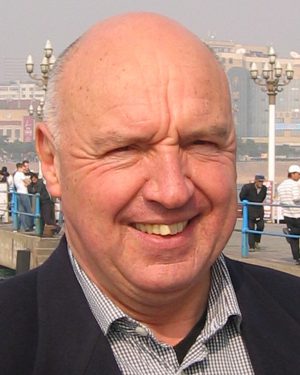
Harald Kunz
Dr. Harald Kunz (*1944) formerly held the chair of microeconomics II at the Brandenburg University of Technology Cottbus (Germany). He mainly works in the fields of constitutional economics and economic policy, evolutionary economics and the economic analysis of law. He has spent almost two decades (1991-2009) teaching at various universities in Georgia, Lithuania, Russia and China.
Chandran Kukathas
Dr. Chandran Kukathas (*1957) is the Dean and Lee Kong Chian Chair Professor of Political Science at the School of Social Sciences, Singapore Management University (Singapore). His research focusses on multiculturalism and Hayek’s political philosophy. Before moving to Singapore, he was head of the department of government at the London School of Economics and Political Science (LSE) from 2015 to 2019. Earlier, he taught at the University of Utah, the University of New South Wales, Oxford University and the Australian National University. He holds a B.A. in history and political science from the Australian National University, a M.A. in politics from the University of New South Wales and a Ph.D. in politics from Oxford University.
L
Martin Leschke
Dr. Martin Leschke (*1962) holds the chair of economics 5 at the University of Bayreuth. He conducts research in the fields of regulatory economics, institutional economics, economic and monetary policy. He was a member of the ECB Observer Team from 2000 to 2007. He is a member of the committee on economic systems and institutional economics of the Verein für Socialpolitik and an editor of the “ORDO Yearbook“.
David M. Levy
Dr. David M. Levy (*1944) is a professor of economics at the Center for Study of Public Choice of George Mason University in Fairfax, Virginia (USA). His focus is on econometrics and history of economic thought, where he has published on a wide array of subjects. Much of his work on the concept of “analytical egalitarianism” is co-authored with Sandra J. Peart, jointly with whom he also initiated and directs the Summer Institute for the History of Economic Thought. He was a member of the committee on professional ethics of the American Statistical Association. In 2012 he was appointed distinguished fellow of the History of Economics Society.
Paul Lewis
Dr. Paul Lewis (*1971) is a professor of political economy at King’s College London (UK). His research interests include the Austrian school of economics, the history of economic thought, social ontology, and the political economy of vocational education and training. He was educated at Peterhouse, Cambridge, and Christ Church, Oxford, and was a visiting scholar at the Mercatus Center at George Mason University in Fairfax, Virginia (USA). He is a member of the Cambridge Social Ontology Group.
LÉonard Loew
Dr. Léonard Loew (*1991) is a lecturer at the University of Saarland (Germany) with a main focus on the intellectual history of psychology and theology. Previously, he was a research associate at the University of Trier and a lecturer at the University of Technology and Economics in Saarbrücken. His academic research focuses on the role of theology and religious philosophy in the development of psychological thought and on the sociology of psychology. His last project was an intellectual history of the unconscious. Currently he is working on a sociological systems theory of the human psyche. After studies of philosophy, history, educational sciences and literary/media sciences (M.A. mult.), he received a Ph.D. from the University of the Bundeswehr Munich with a dissertation on the intellectual history of empathy.
Christoph Lütge
Dr. Christoph Lütge (*1969) holds the Peter Löscher chair of business ethics at the Technical University of Munich (Germany). His research interests are located in the fields of economic ethics and business ethics, general ethics, political philosophy, corporate social responsibility, and the ethics of digitalization.
M
Amichai Magen
Dr. Amichai Magen (*1974) is a senior lecturer and head of the program in diplomacy and conflict studies at the Lauder School of Government in Herzliya (Israel). His research focuses on the future of international order, democracy, and the rule of law; governance and political violence. He holds a B.A. in law and political science, an LL.M from Trinity Hall, University of Cambridge, and a Doctorate of the Science of Law (JSD) from Stanford Law School. He was a research fellow at the Center on Democracy, Development and the Rule of Law (CDDRL), Stanford University, and a National Fellow at the Hoover Institution. In 2016 he was named Richard von Weizsäcker Fellow of the Robert Bosch Academy, Berlin.
Erik W. Matson
Dr. Erik W. Matson (*1991) is a senior research fellow at the Mercatus Center and the deputy director of the Adam Smith Program at George Mason University in Fairfax (USA). He was previously a postdoctoral fellow in economics at New York University. His research interests include eighteenth-century British moral philosophy and political economy, the role of theology in the development of economic thought, and economic methodology.
Alain Marciano
Dr. Alain Marciano (*1963) is a professor of economics at the University of Turin (Italy). His main centers of interest are the history and methodology of economic thought, on the one hand, with a focus on the second half of the twentieth century (the history of law and economics as well as public choice), and also law and economics, on the other hand, where he focuses on the role of social norms as well as on the condition of spontaneous coordination among individuals). He is a co-editor of the “European Journal of Law and Economics“.
Charles Robert McCann
Dr. Charles Robert McCann, Jr. (*1956) is a research associate in the department of economics at the University of Pittsburgh (USA). His research interests are in the areas of the history of economic thought, economic history, Austrian economics, and political and economic philosophy. He is a graduate of the Pennsylvania State University with a B.A. in political science and a B.S. in economics and of the University of Pittsburgh with a M.A. and a Ph.D. in economics.
Deirdre N. McCloskey
Dr. Deirdre N. McCloskey (*1942) is a distinguished professor emerita of economics, history, English and communication at the University of Illinois at Chicago (USA). Her main research interests include the origins of the modern world, capitalism, and the misuse of statistical significance in economics and other sciences. Since October 2007 she has received ten honorary doctorates. She has written on topics ranging from technical economics and statistical theory to transgender advocacy and the ethics of the bourgeois virtues.
Florian Möslein
Dr. Florian Möslein (*1971) is a professor of civil law as well as German and European business law and serves as the director of the Institute for Commercial and Business Law at the Philipps University Marburg (Germany). He mainly deals with issues of private-law rule-making, the tensions between entrepreneurial innovation and the legal framework, as well as the effets of digitalization on company law. He is Schumpeter Fellow at the VolkswagenStiftung, associated member of the Munich Center on Governance and member of the Young Center.
Arash Molavi Vasséi
Dr. Arash Molavi Vasséi (*1978) is currently a senior policy officer at the fiscal policy division of the German Ministry of Finance in Berlin. Before, he was an assistant professor at the Turkish-German University in Istanbul (Turkey) and a postdoctoral research associate at the chair for economic policy at the Institute for Economics of the University of Hohenheim (Germany). His research interests are in the fields of international macroeconomics, capital theory (the theory of intertemporal decision-making), monetary macroeconomics (especially central banking techniques), sovereign debt and the history of economic thought.
Christian Müller
Dr. Christian Müller (*1967) has been a professor of economics and economic education at the University of Münster since 2008. In his research, his focus is on economic education, constitutional economics (“Ordnungsökonomik“) as well as economic and business ethics. He presides the Society for the Promotion of Economics and Ethics (GWE). He also serves as the editor-in-chief of “JoME – Journal for Markets and Ethics” and as the managing editor of the academic journal “ORDO – Jahrbuch für die Ordnung von Wirtschaft und Gesellschaft“.
Julian F. Müller
Dr. Julian F. Müller (*1983) is a professor of political philosophy at the department of philosophy at the University of Graz (Austria). His research interest resides at the intersection of political philosophy and economics. Currently he is working on what it means to have a liberal spirit. His research on epistemic democracy and populism has been published in internationally recognized, peer-reviewed journals such as Episteme, Synthese, and Philosophical Studies. He also worked on various topics in applied ethics, such as migration ethics and the ethics of AI.
Michael Munger
Dr. Michael Munger (*1958) is a professor of political science and economics at Duke University in Durham, North Carolina (USA). He directs the interdisciplinary Duke PPE program. His research interests focus on the problem of “euvoluntary” exchange, and on the implications of the new “sharing economy”. Since 2011 he has been a co-editor of the “Independent Review“, and is a research fellow of the Independent Institute in Oakland, California (USA).
N
Anthony Murphy
Dr. Anthony Murphy (*1995) is an assistant professor at the faculty of law and administrative sciences of the Ovidius University of Constanța (Romania), where he teaches seminars in constitutional law, EU law and succession law. His areas of interest lie in the comparative and historical research of constitutional law and succession law. He holds a LLD (Summa cum laude) from the Babeș-Bolyai University of Cluj-Napoca with a thesis on the unworthy heir rule and disinheritance in the Romanian legal system.
Colin von Negenborn
Dr. Colin von Negenborn (*1989) is a postdoctoral researcher at the University of Hamburg (Germany). He works at the intersection of philosophy and economics, where he brings together the formal toolkit of microeconomic theory – particularly game theory and mechanism design – and the normative framework of ethics. At this intersection, he analyses claims for justice concerning distributions and procedures. He holds a B.Sc. in physics from ETH Zurich (Switzerland), an M.A. in philosophy, politics, and economics from the University of York (UK), and a Ph.D. in economics from Humboldt University Berlin (Germany).
Sergey I. Nevskiy
Dr. Sergey Nevskiy (*1975) is an associate professor of global economic history at the Lomonosov Moscow State University (MSU), Russia. His research interests include economic history and the history of economic thought, focusing on the relationship between the theory and practice of economic policy in Germany. Since 2008 he has been the author and chief scientific editor of several research projects on the economic history and the policy of economic order of Germany.
Olga Nicoara
Dr. Olga Nicoara (*1984) is an assistant professor of economics at Ursinus College in Collegeville, Pennsylvania (USA). Her fields of specialization are political economy, market process economics, and institutional economics. Her research interests include emerging economies and economies in transition, entrepreneurship theory and policy, migration patterns, and social change. Before joining Ursinus College, she was as a visiting assistant professor at Denison University in Granville, Ohio. She earned her doctorate in economics from George Mason University after graduating from The Bucharest University of Economic Studies (Romania).
Daniel Nientiedt
Dr. Daniel Nientiedt (*1985) is a senior research associate at the Walter Eucken Institute in Freiburg (Germany). Prior to that he was a postdoctoral research fellow at the department of economics at New York University (USA) and a research fellow at the Center for the History of Political Economy at Duke University (USA). His research interests include public choice, constitutional economics and the history of economic thought. He received his Ph.D. in economics from the University of Freiburg.
Therese Nilsson
Dr. Therese Nilsson (*1977) is a professor of economics at Lund University (Sweden) and a researcher at the Research Institute of Industrial Economics (IFN). Her academic research focus lies at the intersection of health and education economics, as well as cultural and institutional economics. One of her more recent research projects focuses on the role of cultural norms, such as tolerance and trust, for labor market integration.
Bernd Noll
Dr. Bernd Noll (*1954) has been working at Hochschule Pforzheim (Germany) since 1989. He is a professor for economics and economic ethics. He teaches microeconomics, corporate governance, business ethics and economic ethics. In his research, he deals with the history of economic ethics, with the constitutional ethics and business ethics as well as with crimes in business. Since 2008, he has served as a liaison professor for the Friedrich Naumann Foundation.
Mikayla Novak
Dr. Mikayla Novak (*1973) is a senior fellow with the F. A. Hayek Program for Advanced Study in Philosophy, Politics and Economics at the Mercatus Center at George Mason University in Fairfax, Virginia (USA). She studied economics at the University of Queensland and received her doctorate in economics from RMIT University. Her research intersects economics, sociology, philosophy, and political science. She is particularly interested in constitutional political economy and public choice, Austrian and evolutionary economics, and the sociological aspects of markets, law, politics, and informal institutions.
O
Matthias Oppermann
Dr. Matthias Oppermann (*1974) is deputy head of the department of scientific services/archive for christian democratic politics and head of the department of contemporary history at the Konrad Adenauer Foundation in Berlin (Germany). He also teaches modern history at the institute of history at the University of Potsdam. His research focuses on the history of political thought, intellectual history, international history, and British and French history from the 18th to the 20th century.
P
Maria Pia Paganelli
Dr. Maria Pia Paganelli (*1972) is a professor of economics at Trinity University in San Antonio, Texas (USA). She works on Adam Smith, David Hume, 18th century monetary theories, and the links between the Scottish enlightenment and behavioral economics. She has co-edited the Oxford Handbook on Adam Smith, served as the vice president of the History of Economics Society and is the book review editor for the “Journal of the History of Economic Thought“. She is the current president of the International Adam Smith Society.
Tom G. Palmer
Dr. Tom G. Palmer (*1956) is a senior fellow at the Cato Institute in Washington, D.C. (USA) and executive vice president for international programs for the global Atlas Network. He serves as the director of the Cato University. His scholarly interest covers everything related to the idea of liberty. He received his B.A. in liberal arts from St. John’s College in Annapolis, Maryland, his M.A. in philosophy from the Catholic University of America in Washington, D.C., and his doctorate in politics from Oxford University (UK).
Sandra Peart
Dr. Sandra Peart (*1959) is a historian of economics who serves as dean of the University of Richmond’s Jepson School of Leadership Studies. Her research concerns the areas of constitutional political economy, leadership in experimental settings, ethics and economics, as well as 19th and 20th century economic thought. She is president of the International Adam Smith Society and a past president of the History of Economics Society, where she began the Young Scholars Program.
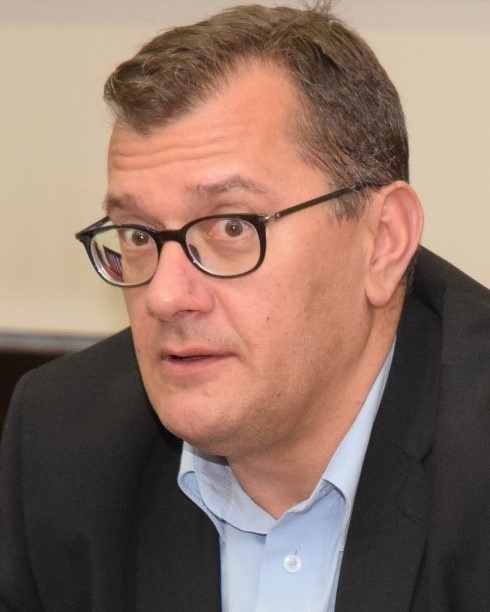
Pencho D. Penchev
Dr. Pencho D. Penchev (*1971) holds the chair of political economy at the University of National and World Economy (UNWE) in Sofia (Bulgaria). His research interest focuses on the economic history of Bulgaria as well as on the history of economic thought. He is the editor-in-chief of the journal “Economic Alternatives“.
Mark Pennington
Dr. Mark Pennington (*1970) is a professor of political economy and public policy in the department of political economy at King’s College, University of London (UK), where he directs the Centre for the Study of Governance & Society. His research interests lie at the intersection of philosophy, politics, and economics (PPE), and in particular the implications of the “robust political economy” framework for both economic and ethical analysis. He has written widely on the political economy of environmental regulation and on contemporary democratic theory.
Athanassios Pitsoulis
Dr. Athanassios Pitsoulis (*1973) holds the chair for economics and didactics at the University of Hildesheim (Germany). His research areas are political economy, institutional economics, economic history and economic didactics. As an interdisciplinary economist, he strives to promote economic education for the general public and at school. Earlier, he taught at the Brandenburg University of Technology Cottbus.
Andreas Polk
Dr. Andreas Polk (*1971) has been a professor of economics at HWR Berlin (Berlin School of Economics and Law) since 2008. His research focuses on competition policy, industrial organization, political economy and lobbyism. His work is at the interface with political theory and law. He studied in Duisburg and Heidelberg, received his doctorate from the University of Zurich and worked for several years at the German federal competition authority (Bundeskartellamt). He regularly teaches in internationally oriented Master’s and MBA programs in Germany and abroad.
R
Jurgen Reinhoudt
Dr. Jurgen Reinhoudt (*1985) is affiliated with the Hoover Institution at Stanford University (USA) as a research associate. His research areas include the contributions of Jacques Rueff, early neo-liberal thought, the role of the atate in economic governance, and the tension between conservatism and classical liberalism. He holds a Ph.D. in political acience from the University of Pennsylvania.
Matthias Riedl
Dr. Matthias Riedl (*1970) is an associate professor in the department of history and of medieval studies at the Central European University in Vienna (Austria). He is also a member of CEU’s Center for Religious Studies and a fellow of the Center for Eastern Mediterranean Studies. His research interests concentrate on the history of ideas, especially at the intersection of religious and political thought. He holds a M.A. and a Ph.D. form the University of Erlangen-Nuremberg (Germany). At CEU, he has co-founded the Advanced Certificate Program in Political Thought, an interdisciplinary graduate program in the history of political thought.
Heinz Rieter
Dr. Heinz Rieter (*1937) is a professor emeritus from the University of Hamburg (Germany), where he directed the field of the history of economic thought within the institute for economic systems, economic history and history of economic theory. His research is concentrated on the fields of the history of economic thought and monetary economics. Before accepting the chair in Hamburg in 1984, he taught at the Ruhr University Bochum, where he had also earned his Ph.D. degree after studying at FU Berlin.
S
Alejandra M. Salinas
Dr. Alejandra M. Salinas (*1964) is a full professor of contemporary political theory at Universidad Nacional de Tres de Febrero and Universidad Católica Argentina in Buenos Aires (Argentina). In her research, she focuses on contemporary classical liberalism, theories of democracy and populism, and a political reading of Latin American fiction literature. She holds a B.A. in political science and a Ph.D. in sociology, both from Universidad Católica Argentina.
Paolo Santori
Dirk Sauerland
Dr. Dirk Sauerland (*1964) has held the chair of institutional economics and health policy at Witten/Herdecke University (Germany) since 2008. There he also directs the interdisciplinary Dr. Hartmut Krafft Center for Economics and Health. In his research, he deals with possible ways to develop the concept of the social market economy, with a sustainable way of funding for the German health care system, and with strategies aiming to secure the quality of medical services.
Christoph A. Schaltegger
Dr. Christoph A. Schaltegger (*1972) is the founding dean of the department of economics and management at the University of Lucerne (Switzerland), founding director of IWP, a research institute for Swiss economic policy, and a research fellow at the Institute of Public Finance, Fiscal Law and Law and Economics (IFF) at the University of St. Gallen. His research focus lies within the areas of public finance and political economy. He is a member of the board of the Swiss Society of Economics and Statistics (SSES) and president of the council for fiscal grants in the canton of Zurich.
Scott Scheall
Dr. Scott Scheall (*1974) is assistant professor in the faculty of social science at Arizona State University‘s College of Integrative Sciences and Arts. His research focuses on the nexus between the philosophy of science, political philosophy, and the history of economic thought. In particular, he is interested in the implications of these fields for the problems of political epistemology. He has published extensively on topics related to the history and philosophy of the Austrian School of economics. He is a co-editor of the series “Research in the History of Economic Thought and Methodology“, producer and former co-host of the podcast “Smith and Marx walk into a bar”, and current host of the podcast “The week in policymaker ignorance”.
Michael Schefczyk
Dr. Michael Schefczyk (*1967) has been professor of practical philosophy at the Karlsruhe Institute for Technology (Germany) since 2015. Before, he held a chair for practical philosophy at Leuphana University at Lüneburg. Until 2017, he also taught at the University of Zurich (Switzerland). His research ranges from the question of the legitimity of redistribution and the problem of historical injustice to the works of John Stuart Mill. He studied philosophy, public law, political science and economics. He serves as the editor-in-chief of the magazine “Moral Philosophy and Politics“.
Jan Schnellenbach
Dr. Jan Schnellenbach (*1973) has held the microeconomics chair at the Brandenburg University of Technology Cottbus, Germany, since 2014 and also serves as a research associate of the Walter Eucken Institut. His research deals with the implications of insights from behavioral economics for the theory of economic policy and also with the theory of fiscal federalism, including with regard to the European Union. At the Verein für Socialpolitik, Jan Schnellenbach is a member of the committees for economic policy, public finance and evolutionary economics. He regularly writes contributions for the economic blog “Wirtschaftliche Freiheit”.
Eric Schliesser
Dr. Eric Schliesser (*1971) has been holding the chair in political theory in the political science department at the University of Amsterdam since 2015. He is a trained philosopher, with a Ph.D. from the University of Chicago (2002). He has had appointments at Wesleyan University, Washington University in St. Louis, Syracuse University, Leiden University, and Ghent University. His research deals with a wide variety of themes ranging from economic statistics in classical Babylon, the history of the natural sciences, and forgotten 18th-century feminists to political theory, including its history, and the assumptions used in mathematical economics. He blogs almost daily at “Digressionsnimpressions“.
Hans Jürgen Schlösser
Dr. Hans Jürgen Schlösser (*1952) is a professor emeritus from the University of Siegen (Germany), and former executive spokesman of the director of the Center for Economic Education in Siegen (Zöbis). His research mainly concerns innovative approaches in economics education, economic policy, education and economics, images of man and models of action in economics.
Christian Schubert
Dr. Christian Schubert (*1971) is professor of economics at the German University in Cairo (Egypt). His current research interests lie at the intersection of economics and (political) philosophy. He is particularly interested in the positive and normative implications of behavioural economics, as well as the potential tensions between psychologically informed policy-making and liberalism. After studying economics and philosophy in Osnabrück and Lausanne, he earned his Ph.D. in economics at Jena University in 2003.
Reinhard Schumacher
Dr. Reinhard Schumacher (*1984) is a postdoctoral research fellow at the University of Potsdam (Germany). His work focuses on the history of economics, especially the history of trade theory, Scottish enlightenment, and early Austrian economics. He has been a research fellow at the Center for the History of Political Economy at Duke University in 2014. He was conferred a doctorate in economics in 2016.
David Skarbek
Dr. David Skarbek (*1982) is associate professor of political science at Brown University, Providence, Rhode Island (USA). His research uses analytical narratives to understand how extralegal governance institutions form, operate, and evolve. He has published extensively on the informal institutions that govern life in prisons in California and around the globe. He received a Ph.D. in economics from George Mason University in 2010.
Emily Skarbek
Dr. Emily Skarbek (*1981) is an assistant professor of political theory, doing research in the political theory project at Brown University in Providence, Rhode Island (USA). In her research, she examines governance and voluntary associations’ role in solving complex problems after natural disasters. In her empirical work, she uses a range of data from archives, historical sources, and field-work. She is also interested in the history of economic thought. Earlier, Emily was an assistant professor of economics at San Jose State University, a fellow at the Center for History of Political Economy at Duke University, and a tenured faculty member in the Department of Political Economy at King’s College London.
Roos Slegers
Dr. Roos Slegers (*1980) is an assistant professor of philosophy at Tilburg University (Netherlands). Her research interests lie at the intersection of philosophy and literature, with a focus on 18th century authors like Adam Smith and Mary Wollstonecraft. She also seeks to translate these authors to the 21st century and apply their thinking to contemporary (moral) issues. She holds a Ph.D. in philosophy from Fordham University (USA), Master’s degrees in philosophy and literary theory from Leuven University (Belgium), and an MBA from Babson College (USA).
Krassen Stanchev
Dr. Krassen Stanchev (*1955) is an associate professor teaching public choice, macroeconomics and the history of economic thought to post-graduates at Sofia University (Bulgaria). He is also board chairman, founder and former director (1993-2006) of the Institute for Market Economics. He served as a member of the Bulgarian parliament and as a committee chairman of the country’s constitutional assembly (1990-91).
Charlotta Stern
Dr. Charlotta Stern (*1967) is a professor of sociology specialized in work and organizations at Stockholm University (Sweden). She also serves as CEO at the Ratio institute, a private research institute in Stockholm. Her main research interest is in labor markets and organizations, human resources, social stratification, and social networks. She holds a Ph.D. degree from Stockholm University.
Richard Sturn
Dr. Richard Sturn (*1956) is the Joseph A. Schumpeter Professor at the department for business, economics and social science of the University of Graz (Austria). There he directs both the Institute of Public Economics and the Graz Schumpeter Centre. His research centers on the areas of public institutions, political economy, the history of economic thought and transformation processes. He currently serves as the managing editor of the “European Journal of the History of Economic Thought” and the “Jahrbuch für normative und institutionelle Grundlagen der Ökonomik“.
T
Spiros Tegos
Dr. Spyridon Tegos (*1969) is an assistant professor of early modern philosophy at the University of Crete (Greece). In his research, he concentrates on the history of moral and political philosophy (Scottish and French enlightenment). He is preparing a book on the classical French sources in early modern theater and belles-lettres that inspired early Scottish liberalism (Hume, Smith) and, in its aftermath, French liberalism (de Staël, de Tocqueville) with respect to the social and political relevance of “middling rank” (middle class) manners. He holds a Ph.D. from the Université Paris-Nanterre with a thesis on the concept of social sentiments (friendship, sympathy, compassion) in early modern political philosophy.
Diana W. Thomas
Dr. Diana W. Thomas (*1981) is an associate professor of economics and director of the Institute for Economic Inquiry at the Heider College of Business at Creighton University in Omaha, Nebraska (USA). She teaches microeconomics and public choice. In her research, she explores the unintended consequences of regulation and the role of political entrepreneurs in changing the rules that govern society. A German native, she earned her diploma in business administration from the University of Applied Sciences Aachen and her B.S. in finance from to George Mason University (GMU) in Fairfax, Virginia. After working as a junior portfolio manager at a mutual fund management company in Frankfurt (Germany), she returned to GMU to complete her M.A. and Ph.D. in economics.
Michael D. Thomas
Dr. Michael D. Thomas (*1978) is an assistant professor of economics at the Heider College of Business at Creighton University in Omaha, Nebraska (USA), and director of student programs with its Institute for Economic Inquiry. He teaches microeconomics, public finance, and the history of political economy. In his research, he focuses on local public finance as well as issues such as the regressive effects of tax policy. He received his undergraduate degree from the University of Alabama and an M.A. in economics from the University of Missouri at St. Louis. He completed his Ph.D. in economics at George Mason University in Fairfax, Virginia, in 2009.
John Thrasher
Dr. John Thrasher (*1980) is an associate professor in the philosophy department and the Smith Institute for Political Economy and Philosophy at Chapman University, California (USA). He is also an adjunct senior research associate at Monash University in Melbourne, Australia, where he was a lecturer in philosophy from 2014 to 2018. He received his Ph.D. in philosophy from the University of Arizona. His expertise is in political philosophy, normative ethics, and decision/game theory and its applications to ethics and political philosophy. His research focuses on the relation of individual rationality to social rules as well as the way those rules are organized into systems of norms and institutions. He has also been working on how “bad norms” develop, stabilize, and change.
Aris Trantidis
Dr. Aris Trantidis (*1979) is a senior lecturer in international relations and politics at the University of Lincoln (UK). He previously held research and teaching positions at King’s College London, the European University Institute, and George Mason University. His published work is on pathologies of democracy, democratic resilience, and democratic reform. The shape of future environmental politics and institutions fit for a world facing crises are now themes central to his research. Aris has an interdisciplinary background and holds degrees from King’s College London, the LSE, the University of Surrey, the University of Athens and the University of Thessaloniki.
V
Georg Vanberg
Dr. Georg Vanberg (*1971) is the Ernestine Friedl Distinguished Professor of Political Science at the department of political science at Duke University, Durham (USA). His research interests revolve around the role and impact of political institutions, primarily in the areas of constitutional and judicial politics, as well as in coalition theory and parliamentary governance. He is was president of the Public Choice Society (2016-18) and served as political science editor for the journal “Public Choice” (2011-2016).
Viktor J. Vanberg
Dr. Viktor J. Vanberg (*1943) is a professor emeritus of the University of Freiburg (Germany), where he held the chair for economic policy from 1995 to 2009. He is a member of the board of the Walter Eucken Institut, which he had directed between 2001 and 2010. His research interests are the new constitutional economics, evolutionary economics, and behavioral economics. His academic training was in sociology. From 1984 to 1995, he worked as a professor of economics at the Center for the Study of Public Choice, George Mason University, Fairfax, Virginia (USA).
Henning Vöpel
Dr. Henning Vöpel (*1972) is a professor of economics at the BSP Business and Law School in Berlin (Germany) and the director of the Centre for European Policy (CEP). Before, he directed the Hamburg Institute of International Economics (HWWI) and taught at the HSBA Hamburg School of Business Administration. In his teaching and research, he focuses on business cycle analysis, monetary policy, financial markets and the digital economy. He holds a PhD in economics from the University of Hamburg.
Stefan Voigt
Dr. Stefan Voigt (*1962) has been director of the Institute of Law and Economics at the University of Hamburg (Germany) since 2009. In his research, he deals with the economic consequences of alternative constitutional rules and judicial structures. He is a fellow of CESifo in Munich and serves as a co-editor of the academic journal “Constitutional Political Economy”.
W
Heike Walterscheid
Dr. Heike Walterscheid (*1964) is a professor in the department of economics at the Baden-Wuerttemberg Cooperative State University (DHBW) in Lörrach (Germany). Her research focuses on political participation based on decentralized common property for the provision of common goods. Her work is largely interdisciplinary and involves areas such as institutional and constitutional economics, political economy, social systems theory, environmental economics and (digital) media economics. She studied business administration and economics at the University of Bayreuth and received her PhD and habilitation from the Ilmenau University of Technology. Since 2015, she has been leading “Allpinion”, a private research group that focuses on direct political participation using methods such as machine learning and blockchain technology.
Gerhard Wegner
Dr. Gerhard Wegner (*1956) is a professor at the University of Erfurt (Germany) where he held the chair of institutional economics and economic policy. His topics are the theory of innovation, economic policy under systems competition, the relationship between economic and political liberalism, political economy of capitalist transformation, history of liberal thought, and history of economic policy. He is the president of the Wilhelm-Röpke-Institut in Erfurt and a mentor for the Ph.D. program “Social Market Economy” at the Konrad Adenauer Foundation.
Carl Christian von Weizsäcker
Dr. Carl Christian von Weizsäcker (*1938) is a Senior Research Fellow at the Max Planck Institute for Research on Collective Goods in Bonn (Germany). His theoretical interests are in the areas of welfare economics with adaptive preferences, capital theory, and the history of economics. Earlier, he taught as a professor of economics at the University of Cologne, after earlier university appointments in Heidelberg, at M.I.T. in Cambridge, Massachusetts (USA), in Bielefeld, Bonn and Bern (Switzerland).
Fabian Wendt
Dr. Fabian Wendt (*1979) is an assistant professor in the department of political science and core faculty member of the Kellogg Center for Philosophy, Politics, and Economics at Virginia Tech in Blacksburg, Virigina (USA). He mainly works in political philosophy. His main research interests are compromises and political morality beyond justice, political authority and legitimacy, as well as property rights and distributive justice. He earned his Ph.D. from LMU Munich (Germany) in 2008 and his habilitation in philosophy from the University of Hamburg in 2015.
Dirk Wentzel
Dr. Dirk Wentzel (*1963) has been professor of economics and European integration at Pforzheim University of Applied Sciences (Germany) since 2003. In 2005, he earned a Jean Monnet Chair. He also directs the „European Business, Politics, and Culture“ summer university in cooperation with Pennsylvania State University (USA) and serves as the president of the International Research Seminar Radein (Italy).
Michael Wohlgemuth
Dr. Michael Wohlgemuth (*1965) is an extraordinary professor at the institute of economics and philosophy at Witten/Herdecke University (Germany), and research director at Stiftung für Staatsrecht und Ordnungspolitik in Eschen (Liechtenstein). His areas of research are European integration, political economy, Austrian economics and the history of ideas. He is also an affiliated fellow of the Walter Eucken Institut, a mentor for the Ph.D. program “Social market economy” of the Konrad Adenauer Foundation, and an associate fellow of the Ratio Institute, Stockholm (Sweden).
Ralph Michael Wrobel
Dr. Ralph Michael Wrobel (*1968) has been professor of economics, especially economic policy, at the University of Applied Sciences Zwickau (Germany). His areas of teaching and research are the social market economy, policies of economic order, the emerging markets in Central and Eastern Europe as well as Asia, with a focus on Estonia, Korea, China and the south-east Asian Tigers. He is a co-founder of the conference series “Ordnungspolitischer Dialog“ and of the website “Ordnungspolitisches Portal“. Additionally, he works on issues regarding the economic and social history of Upper Silesia.
Z
Michael Zöller
Dr. Michael Zöller (*1946) is a professor emeritus from the University of Bayreuth (Germany), where he held the chair of sociology and directed the Bayreuth Institute for American Studies (BIFAS). He works on social philosophy and political economy, the sociology of religion and the political culture of the United States. After retiring from Bayreuth, he taught at the Bavarian School of Public Policy in Munich, where he was responsible for the teaching field “Economy and Society”. He was the founder and director of the German-American Council on Public Policy. Earlier, he also worked as a TV and printed press journalist.
Joachim Zweynert
Dr. Joachim Zweynert (*1970) is a professor for international political economy at Witten/Herdecke University (Germany), and founding director of the Witten Institute on Institutional Change. His main research areas are the interdisciplinary analysis of institutional change processes, processes of transformation and reform in Eastern Europe, focusing on Russia, and the history of economic thought. Joachim is a mentor for the Ph.D. program “Social Market Economy” of the Konrad Adenauer Foundation and a research fellow at the Institute for European Integration in Hamburg.

